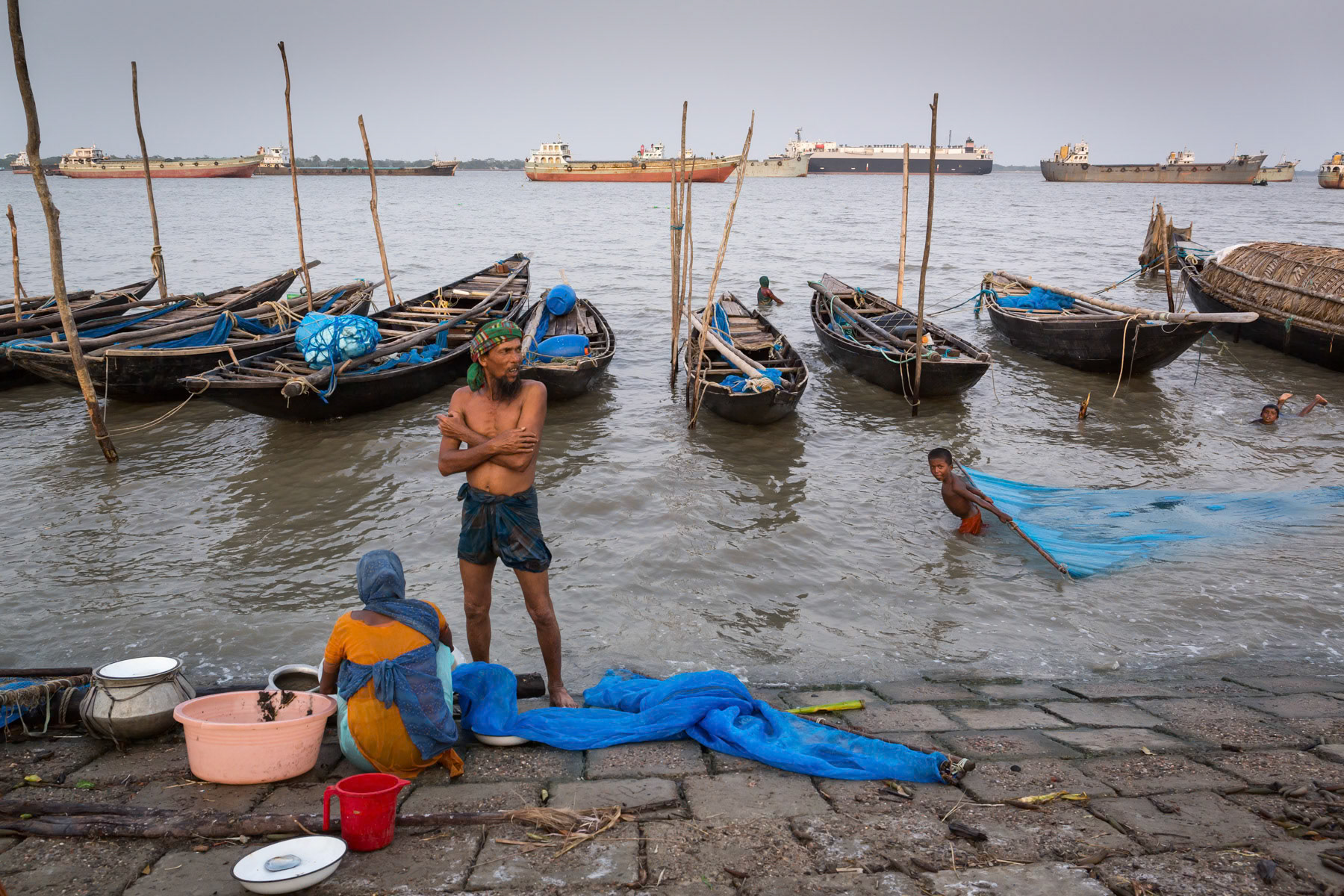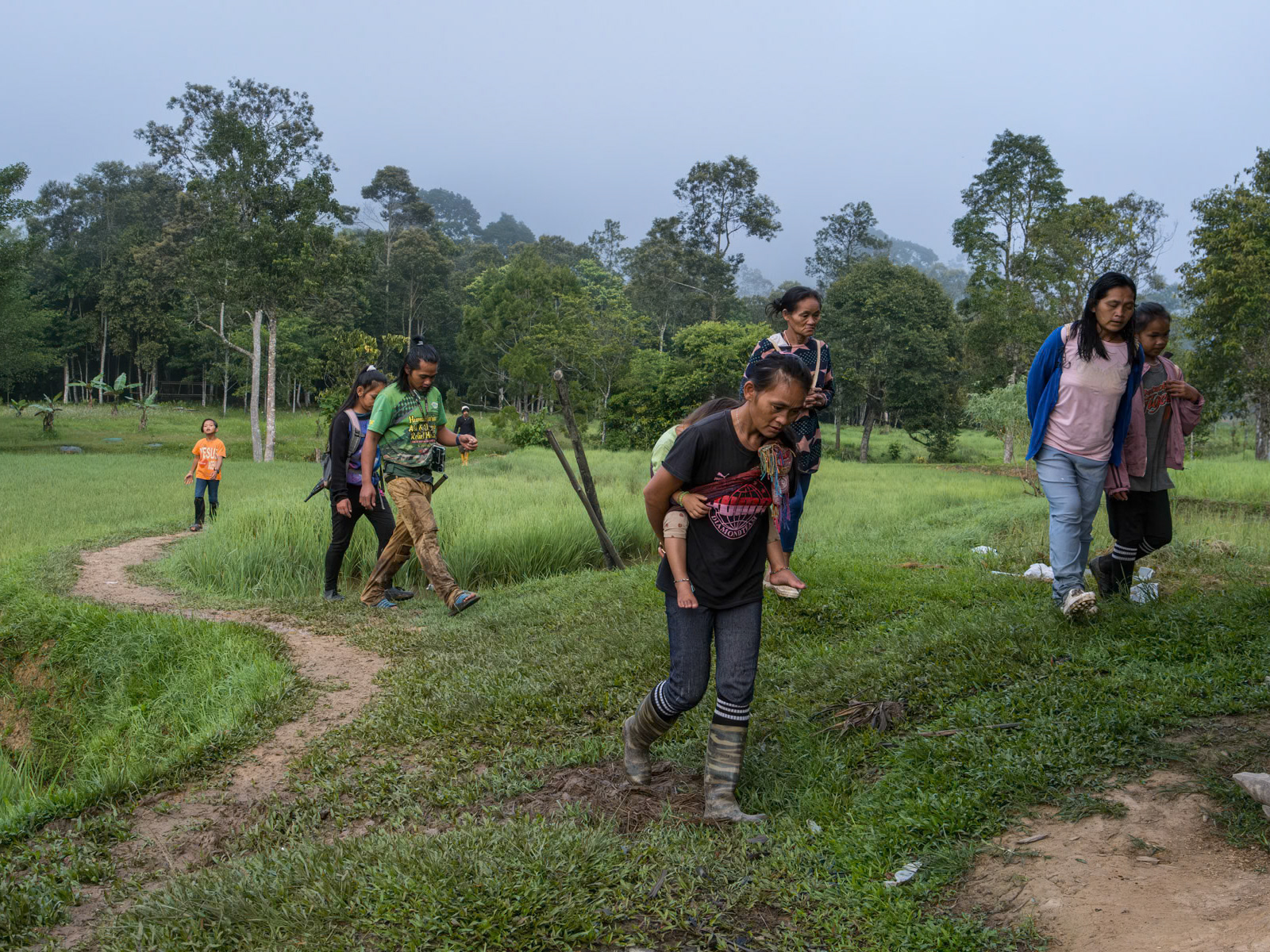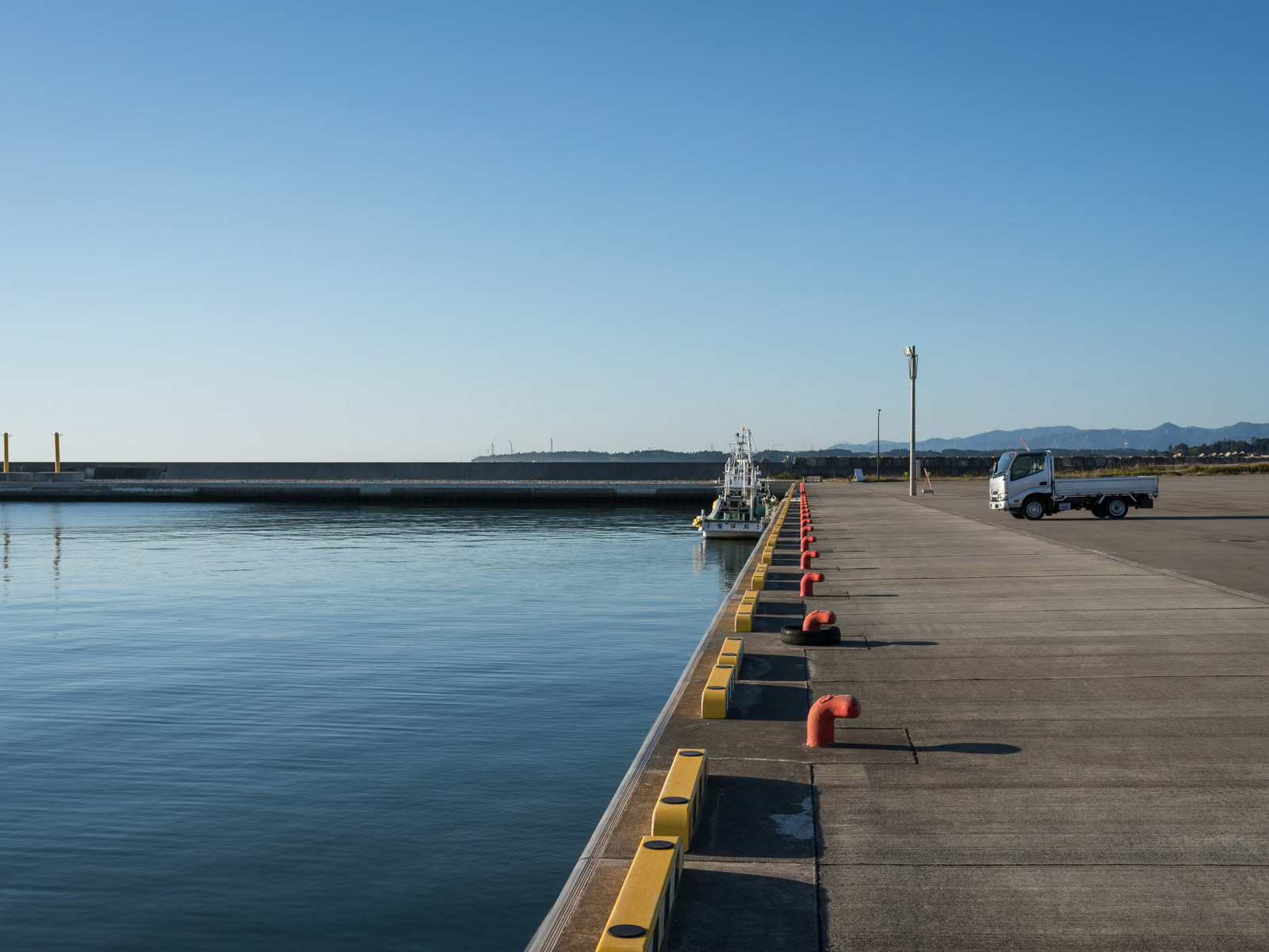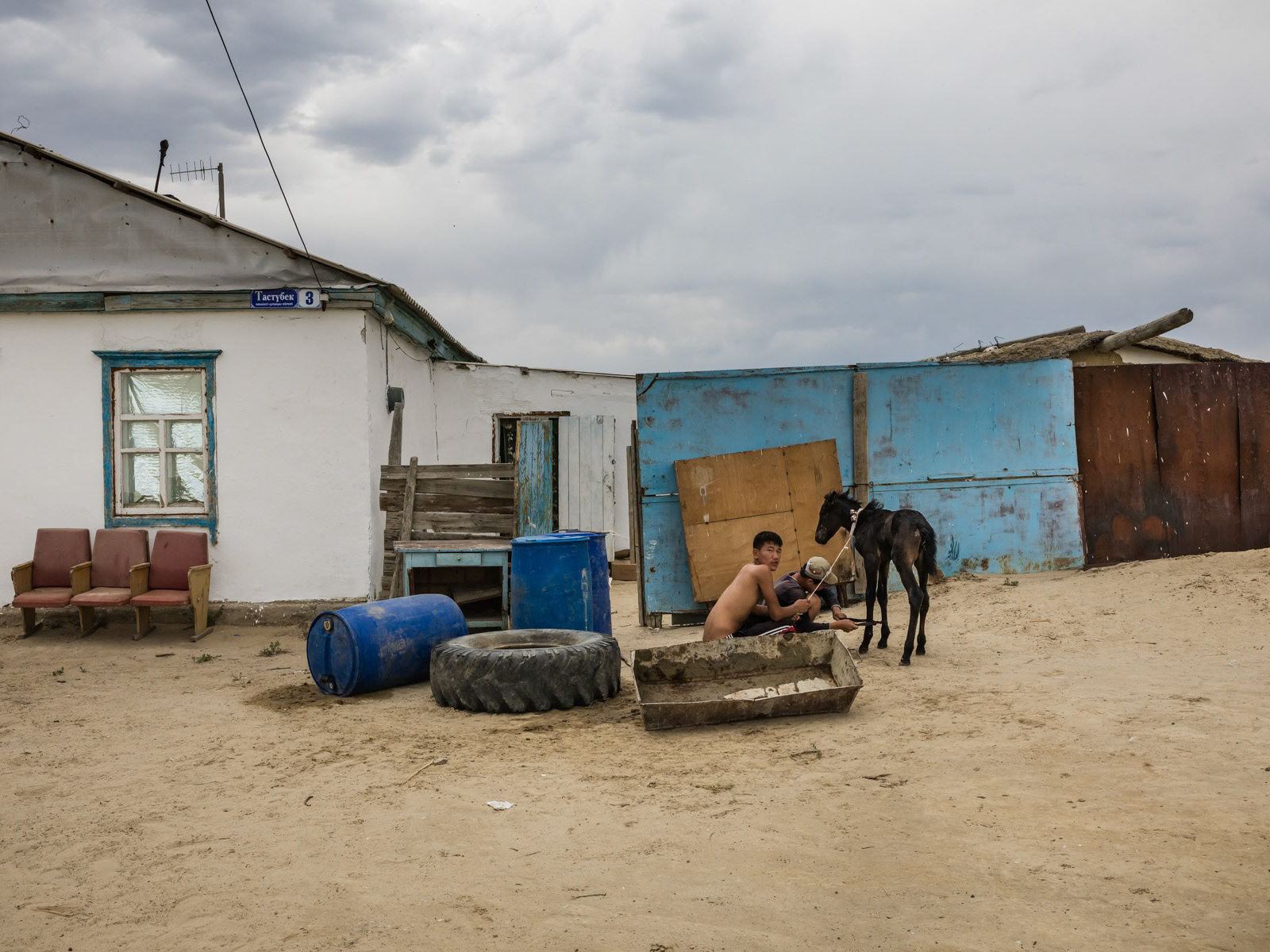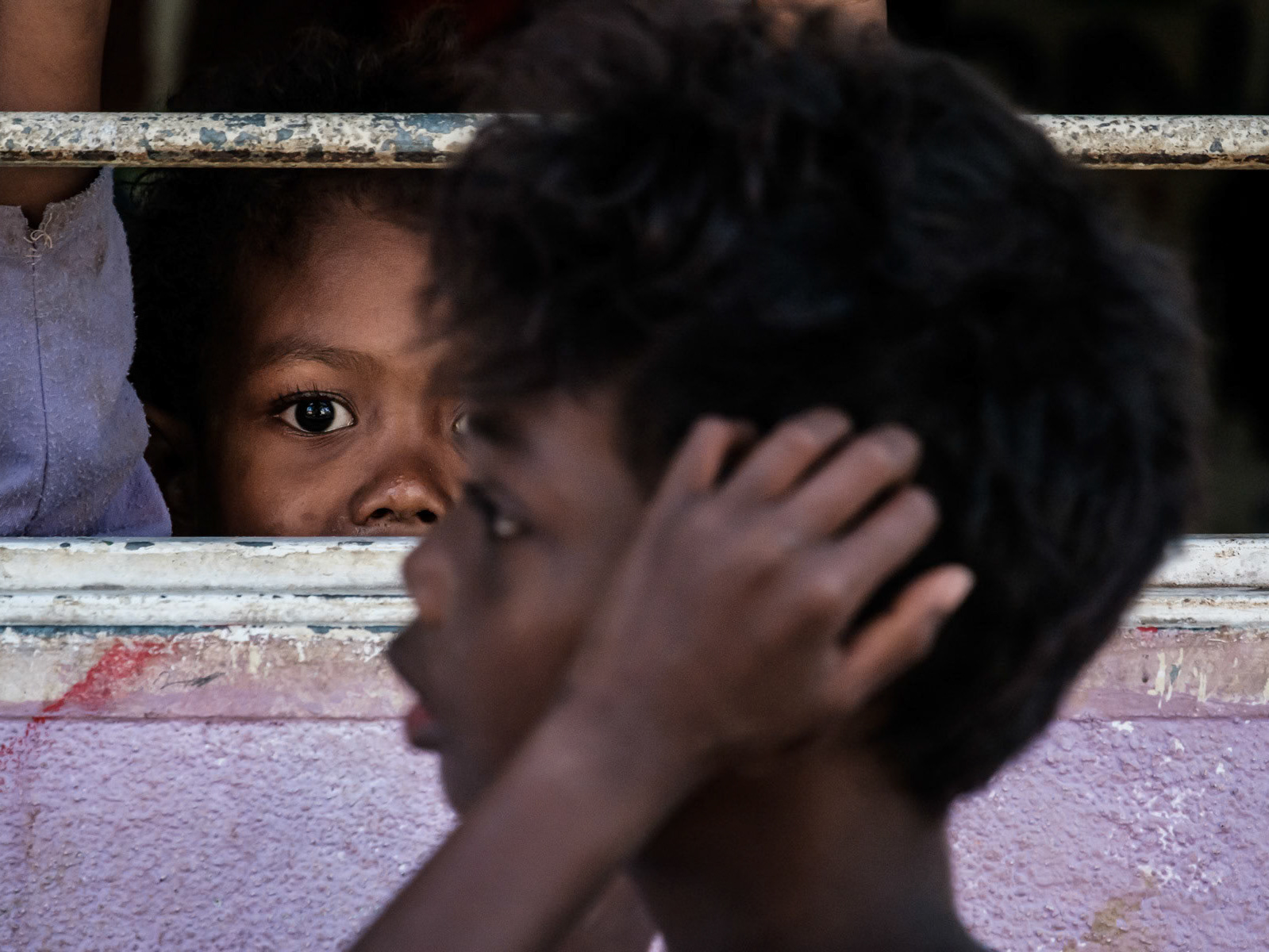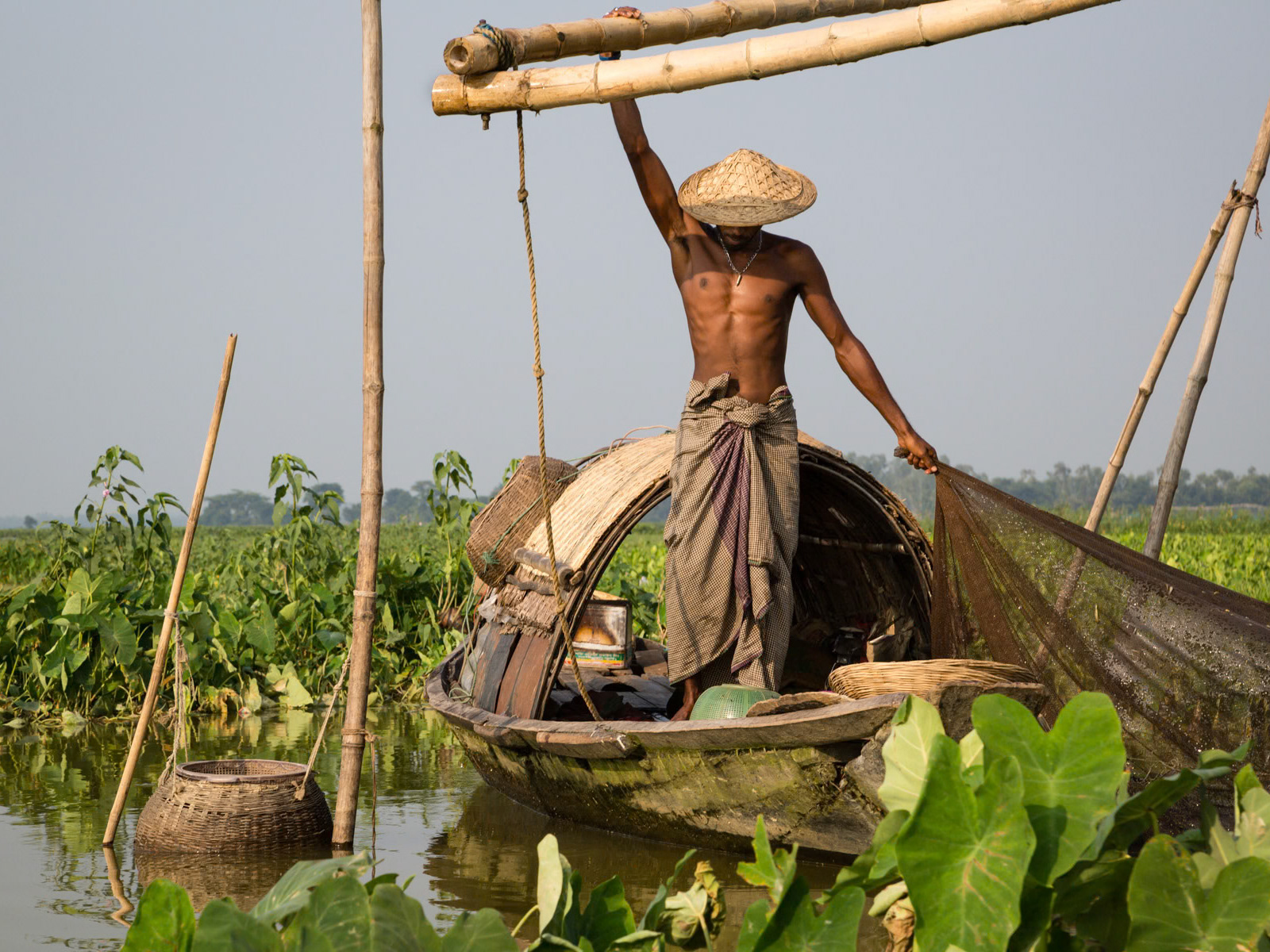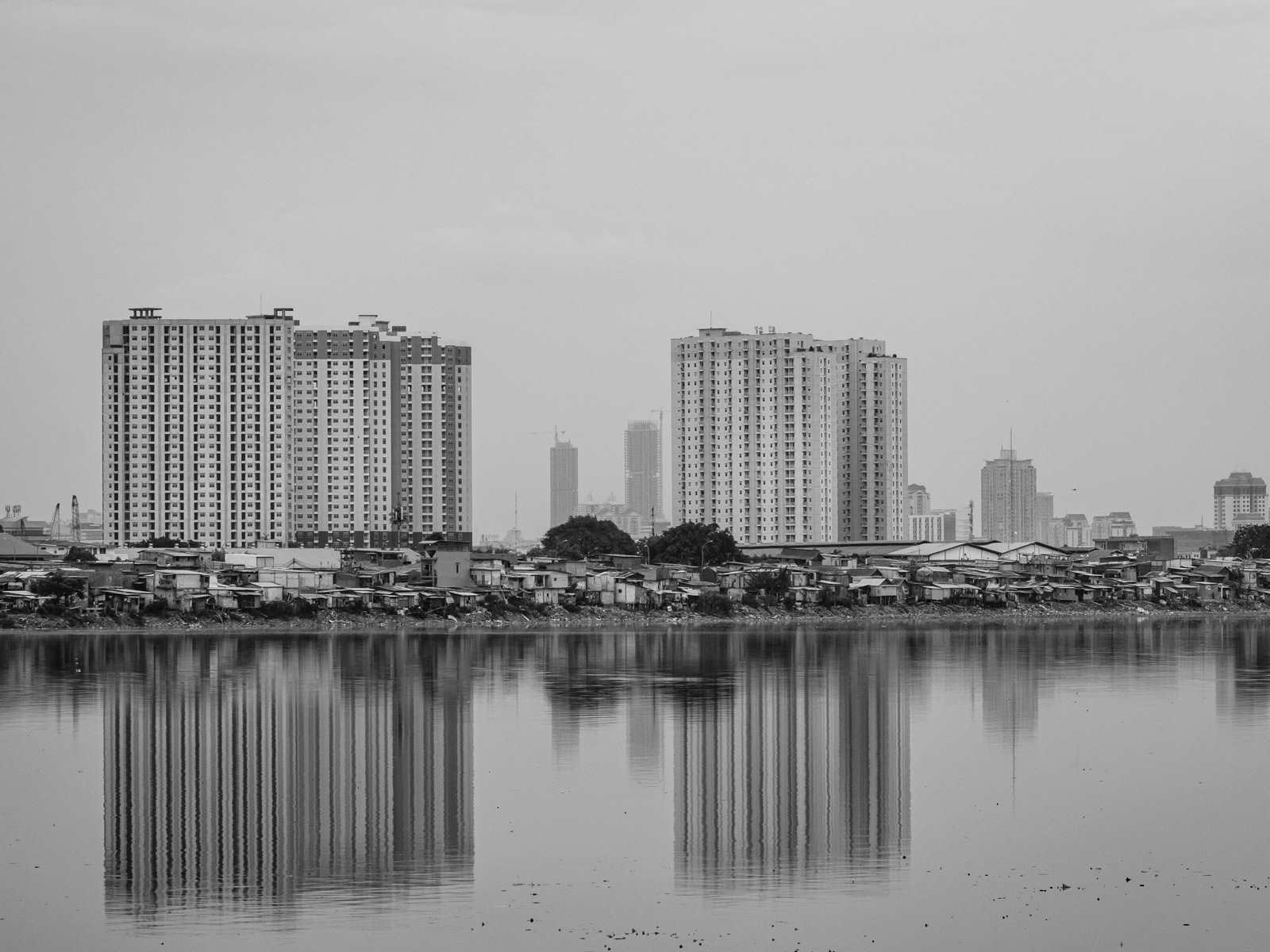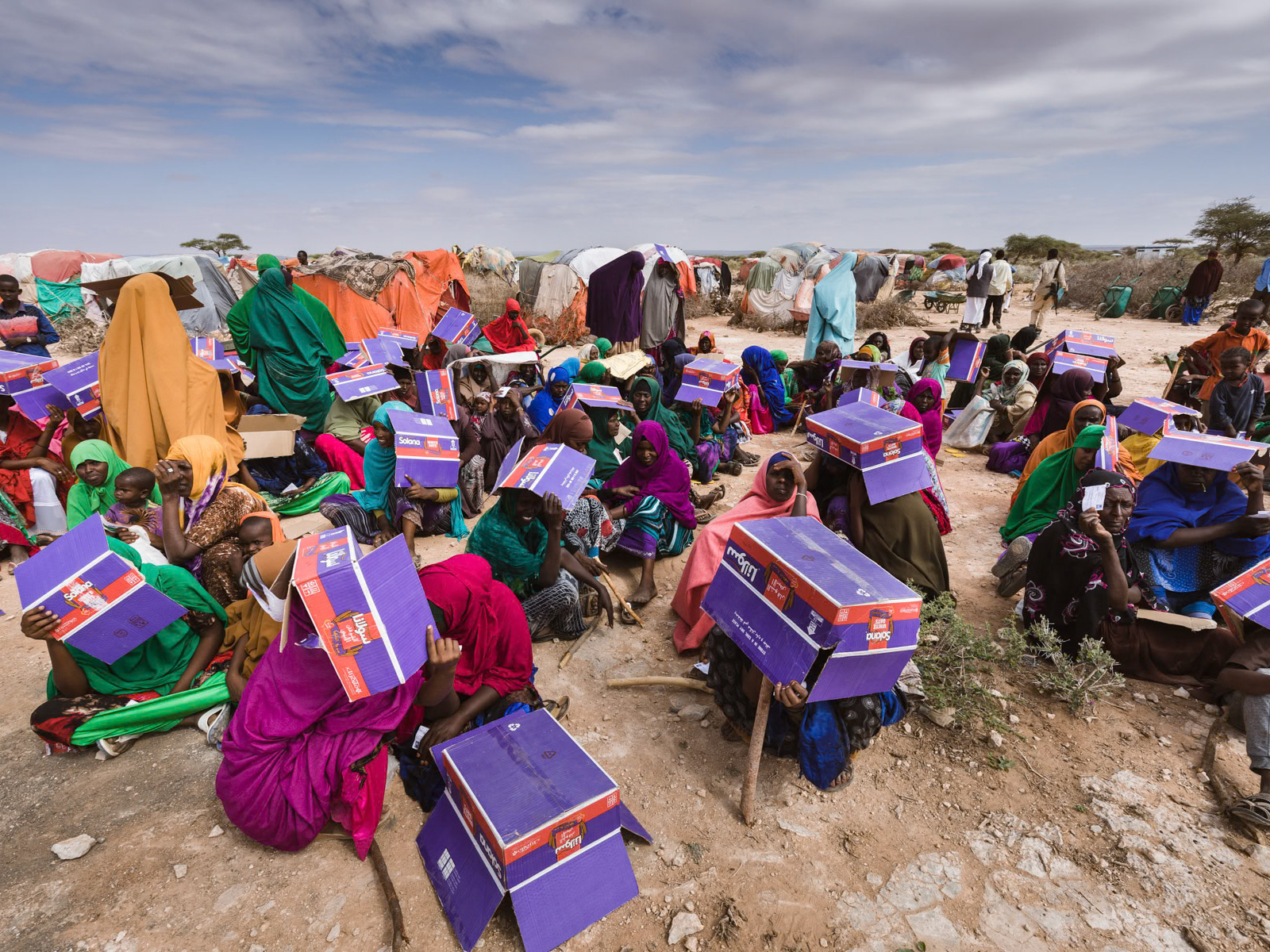Bangladesh is one of the countries most vulnerable to climate change, facing severe risks from rising sea levels, increased rainfall, and more frequent tropical cyclones. These environmental impacts threaten agriculture, water and food security, human health, housing, and contribute to large-scale population displacement.
Many people in Bangladesh live along the major rivers of the Bay of Bengal and on the silt islands (char), where they seek fertile land. However, these char communities are isolated, with very limited access to essential services, making them some of the country’s most disadvantaged populations. As the frequency of floods increases and the periods of non-flooded land become shorter, agricultural yields are dwindling, leaving these communities with fewer resources to survive. Consequently, many are forced to migrate to overcrowded cities, where they struggle to make a living through poorly paid, physically demanding jobs.
The challenges faced by these populations highlight the urgent need for climate adaptation strategies, better infrastructure, and enhanced support for those displaced by environmental changes. Without significant intervention, the situation is likely to worsen, further exacerbating poverty and inequality.
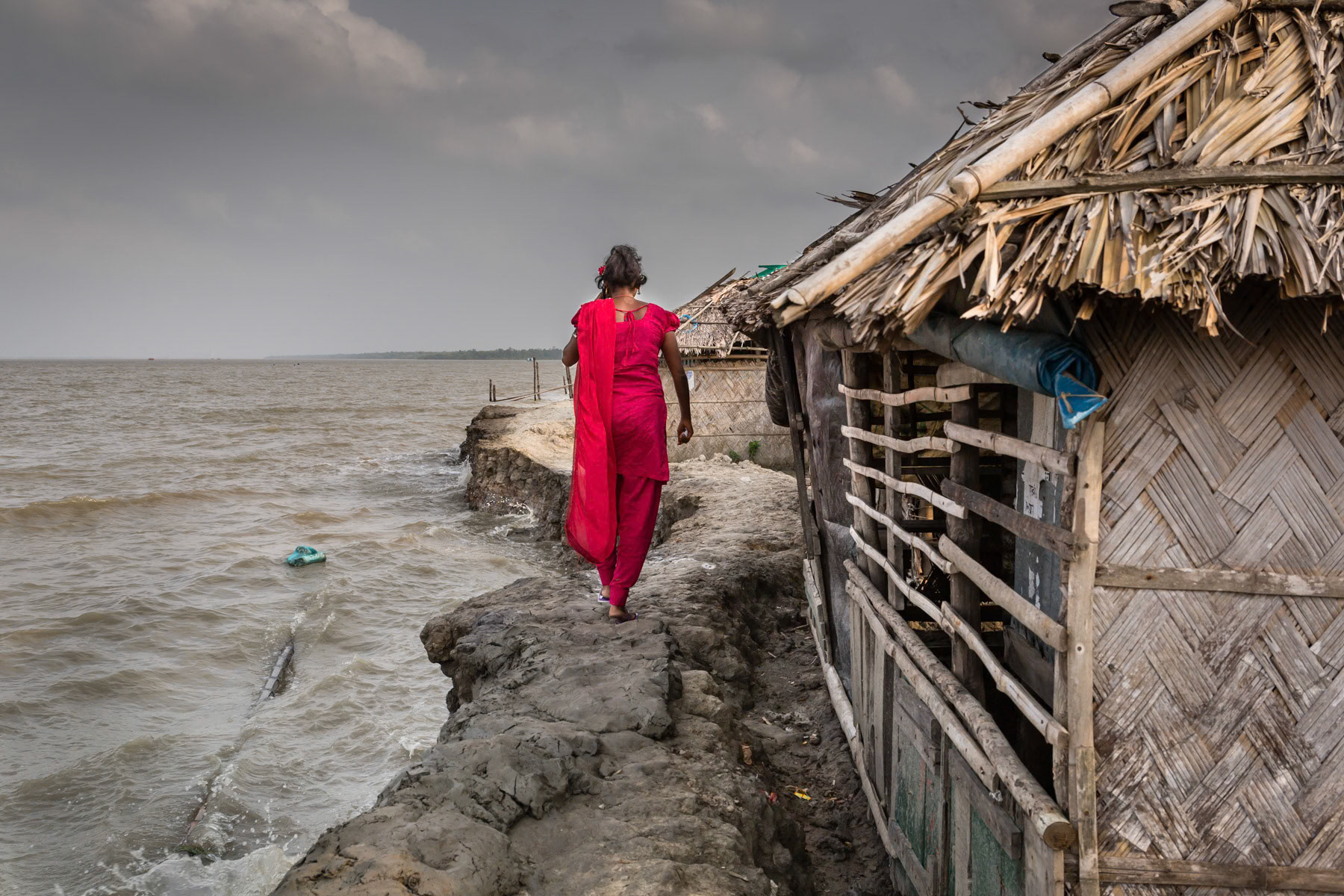
Banishanta red light district near the harbour of Mongla, Bangladesh, May 2015
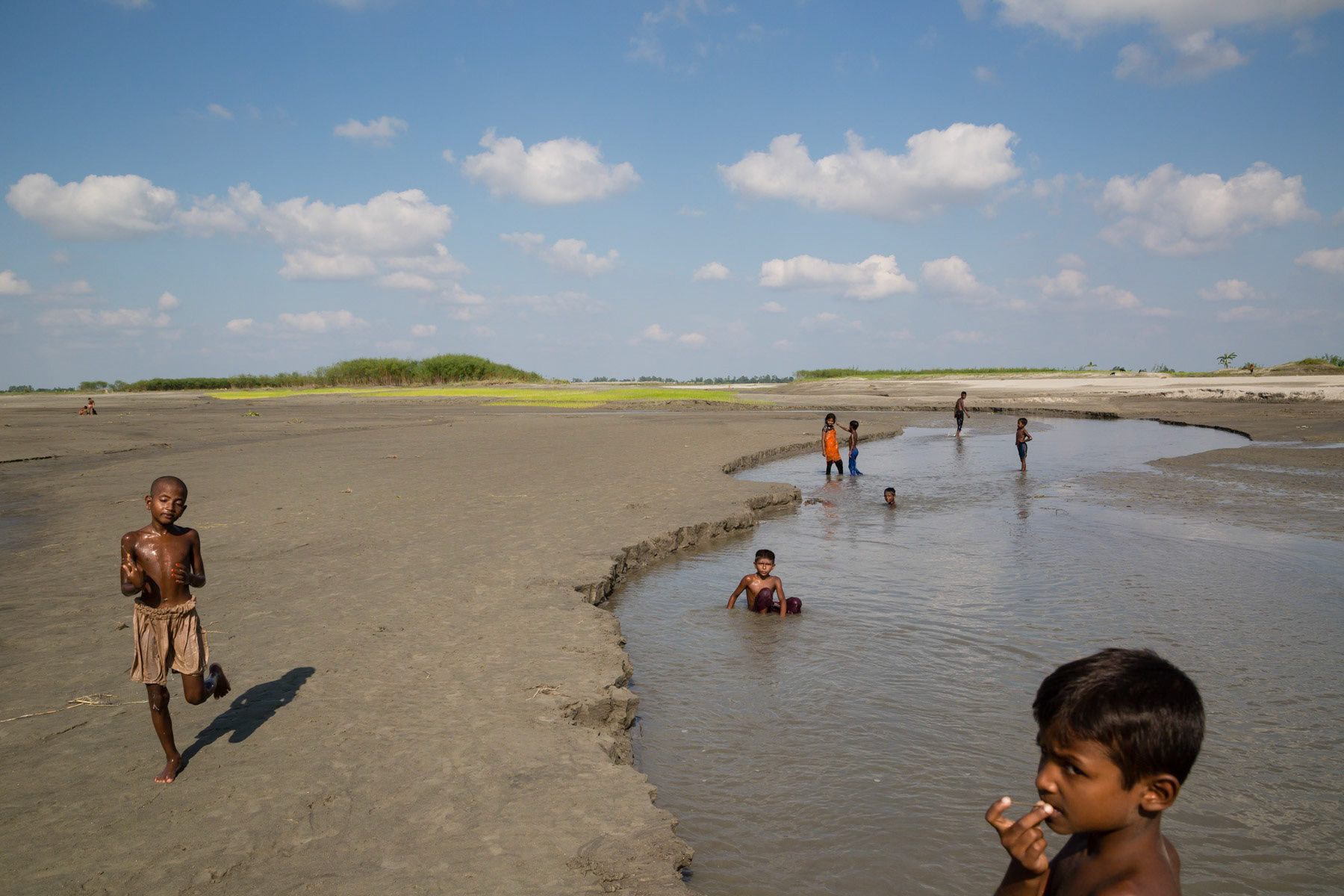
Char or silt island prone to systematic erosion and floods, Jamuna river chars, Sariakandi, Bangladesh, October 2014
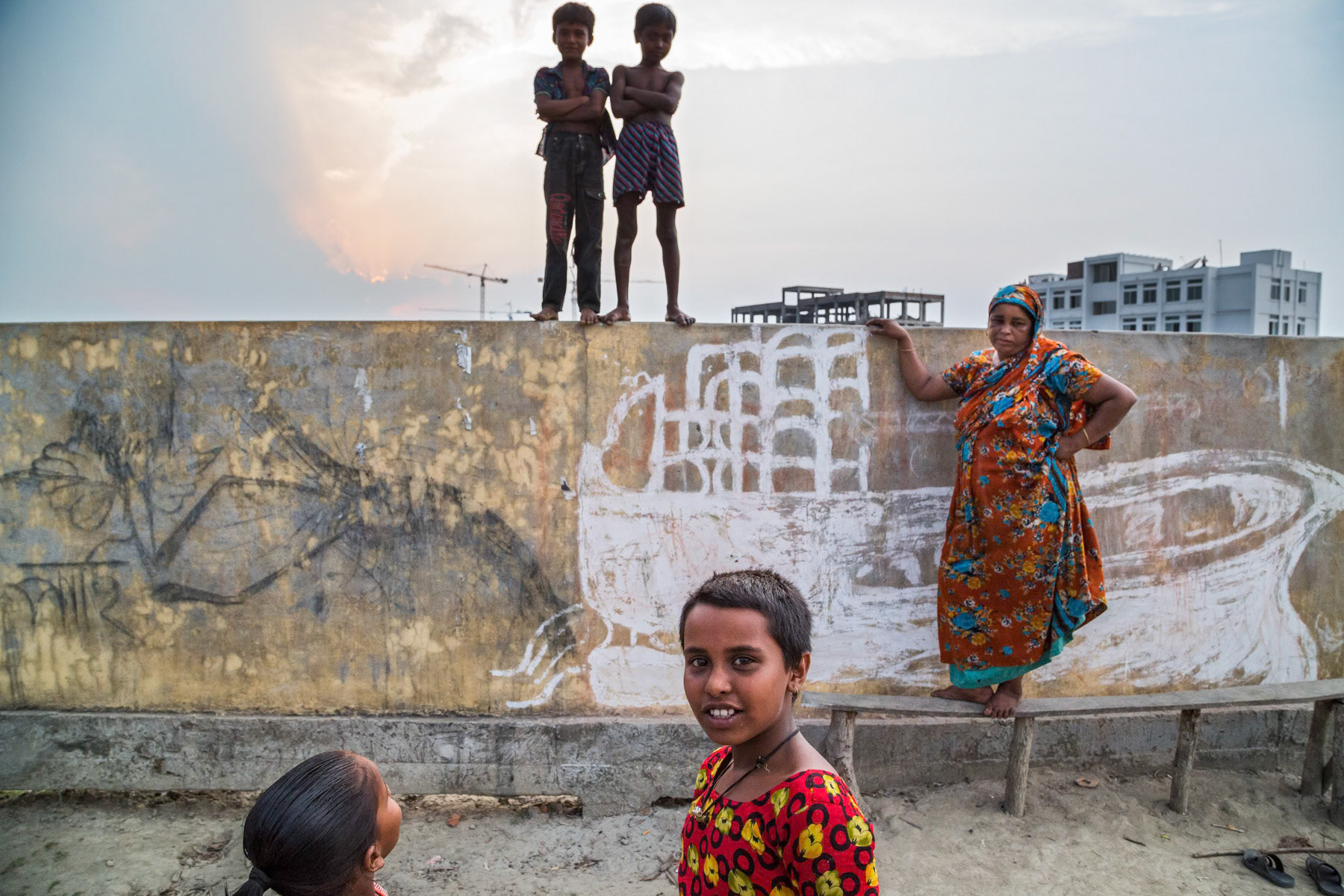
Fenced off construction site in the village of Joymuni in Khulna region in southern Bangladesh, April 2014
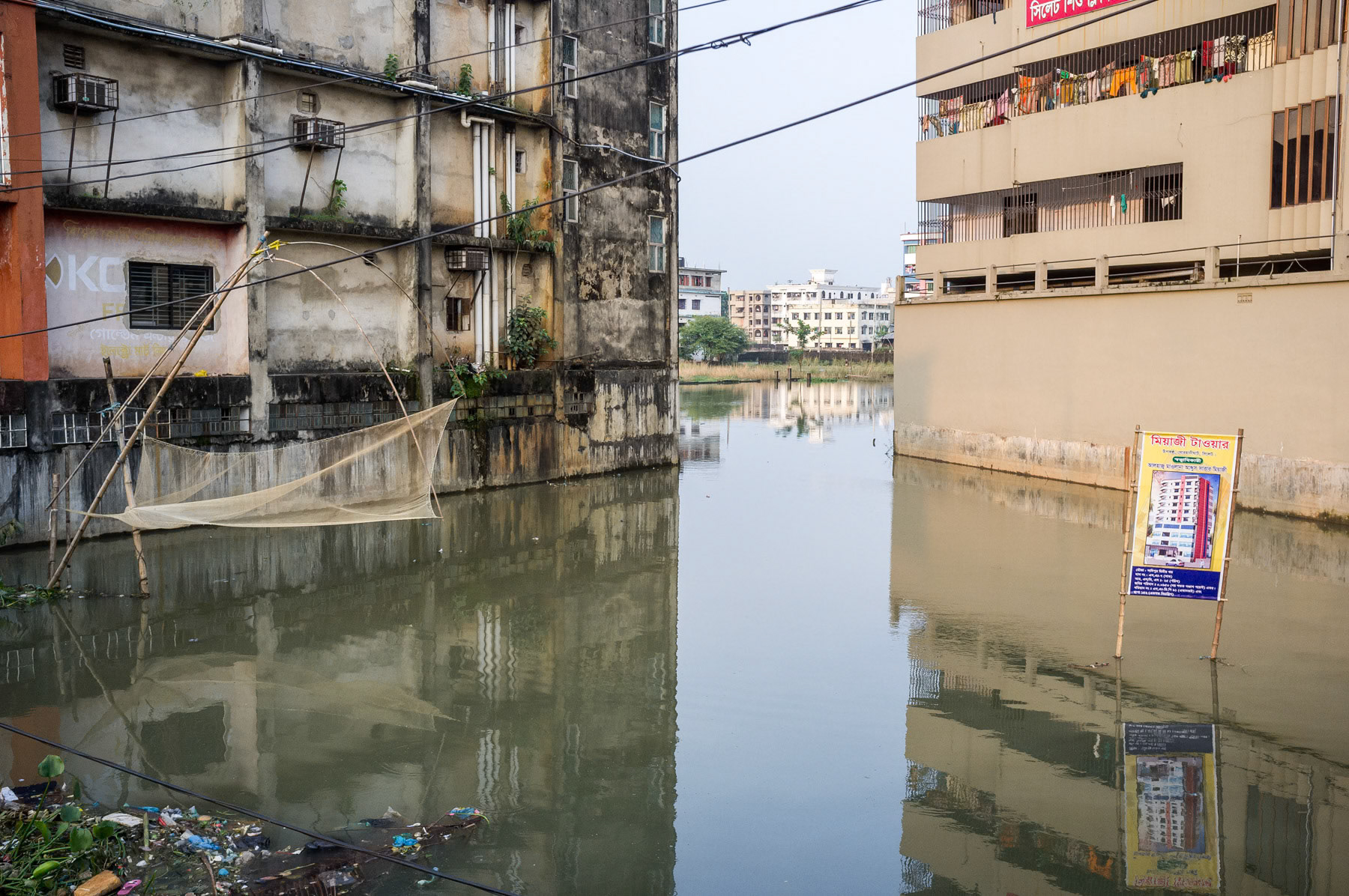
Sylhet city, Bangladesh, September 2014
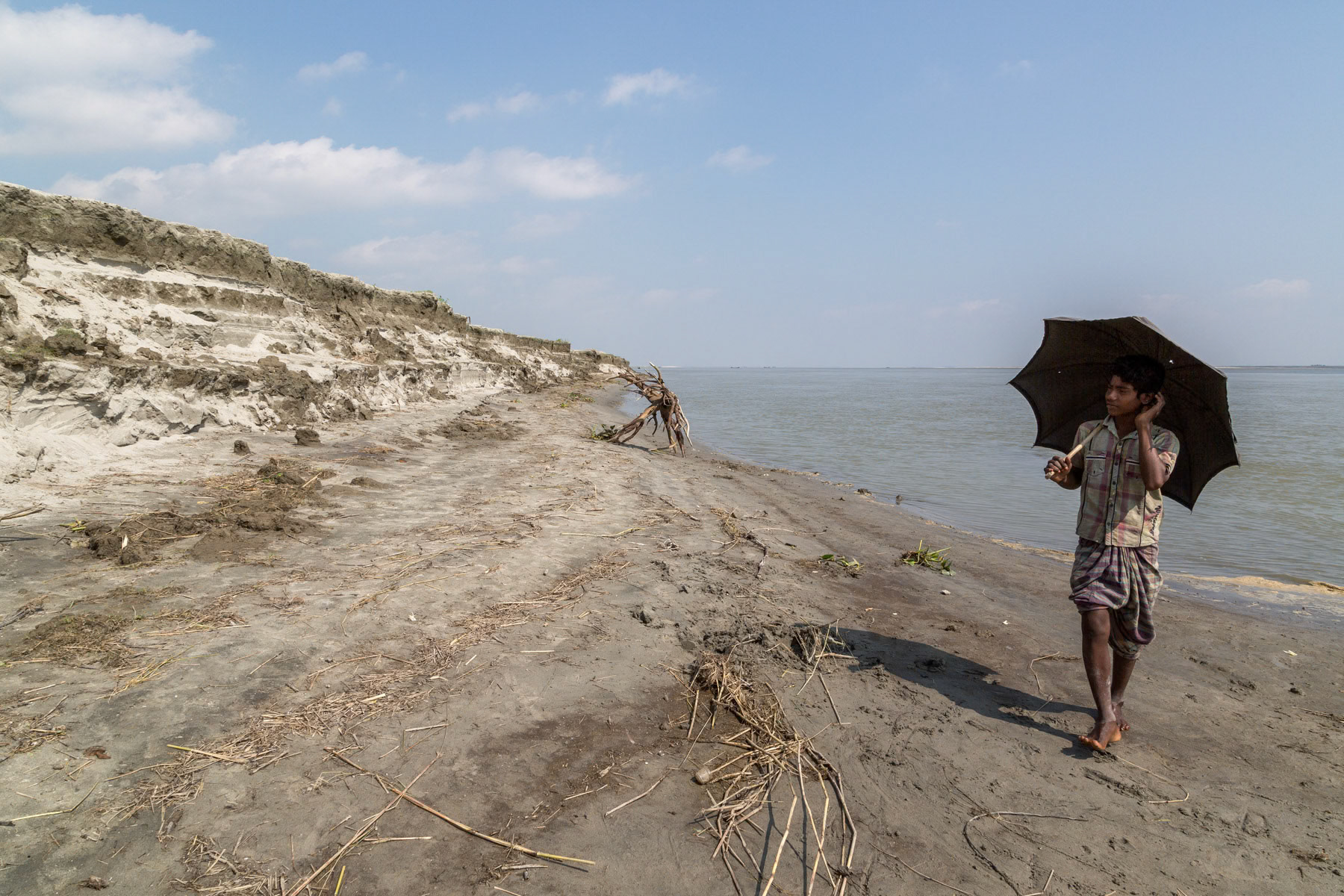
An estimated one million people live on chars in Bangladesh. Bhati char in the district of Bogra, October 2014
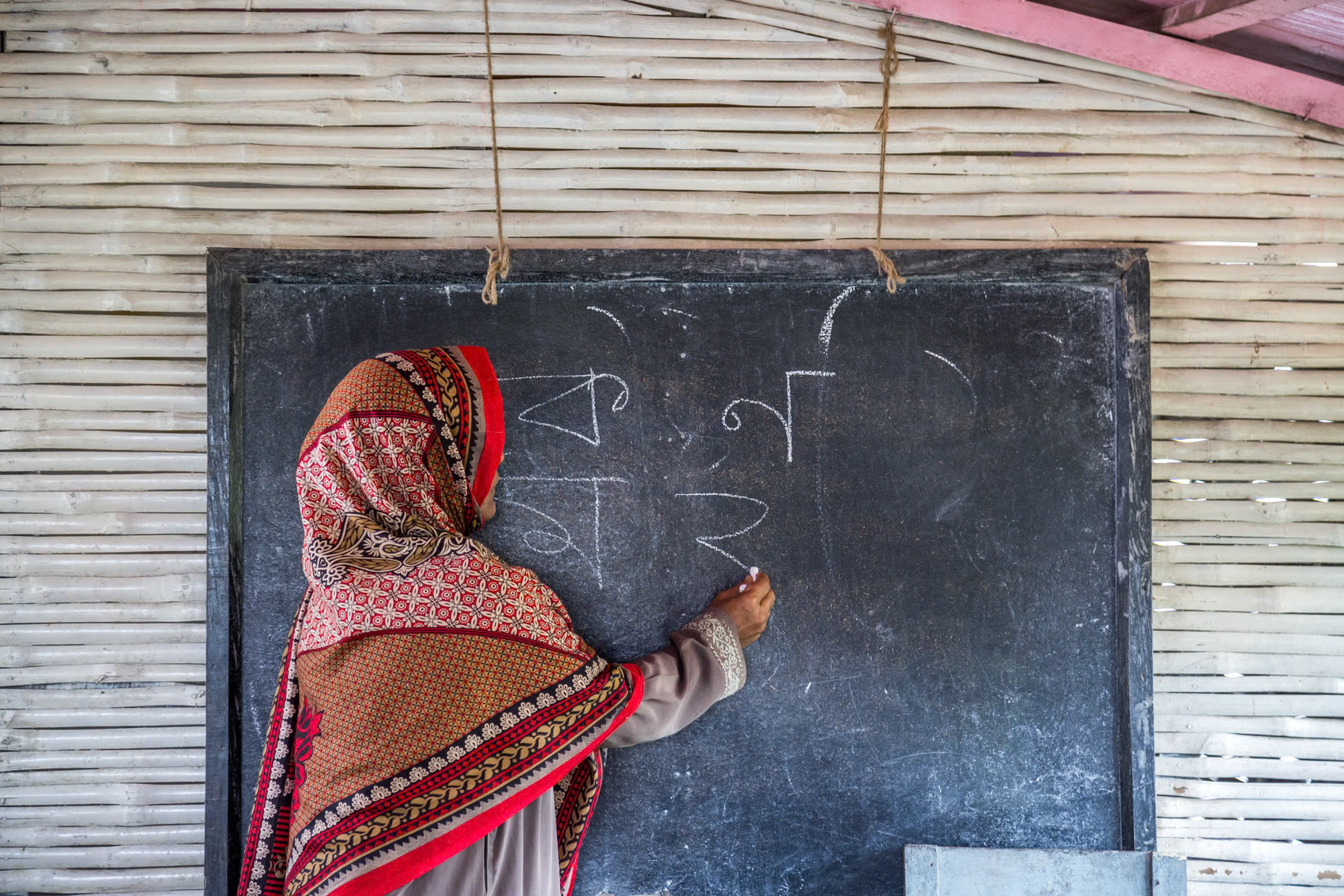
Boat school for Chalanbeel char residents, Padma river basin, Bangladesh, October 2014
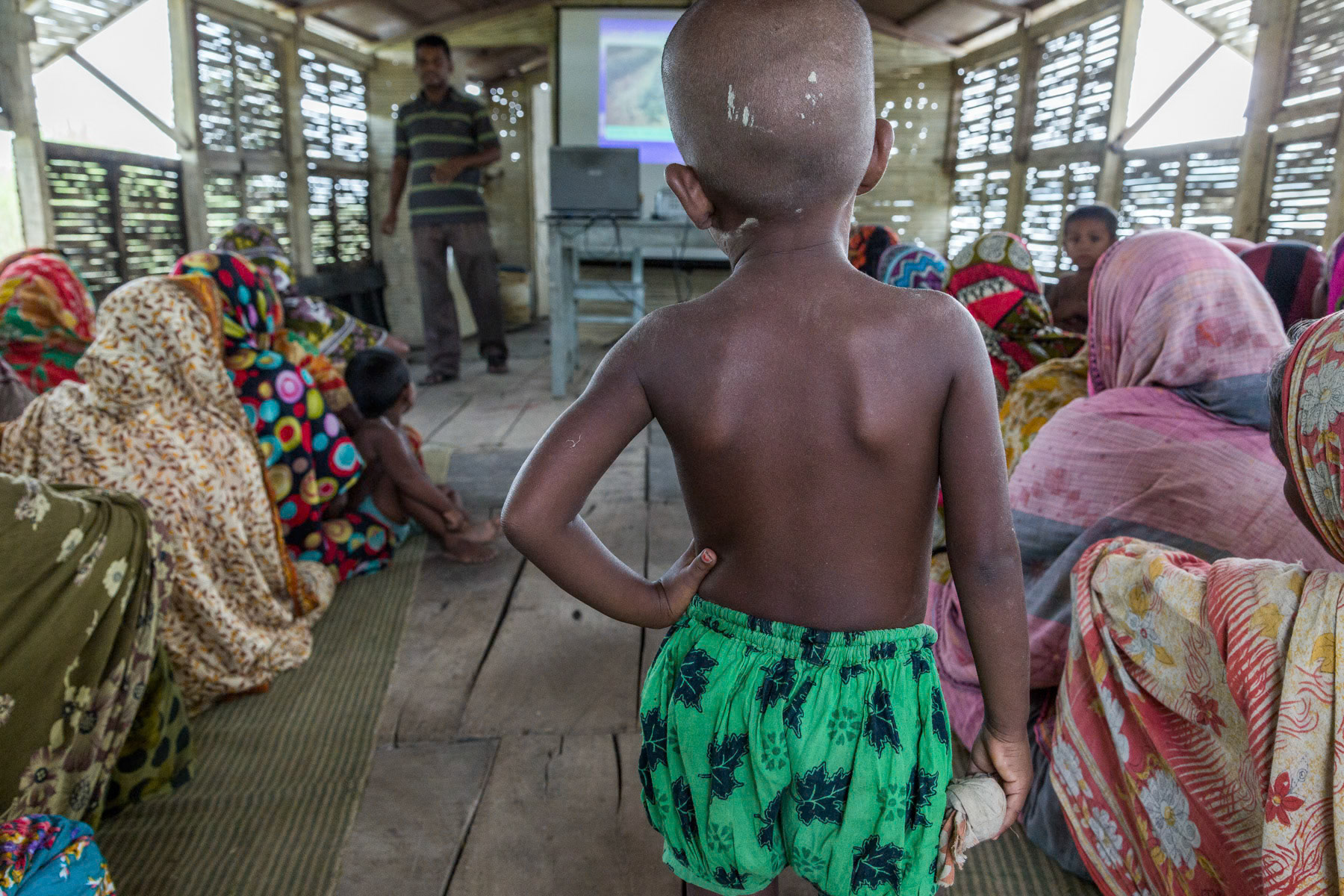
Floating training centre in agriculture for char populations, operated by Shidulai Swanirvar Sangstha NGO. Chalanbeel chars, Bangladesh, October 2014
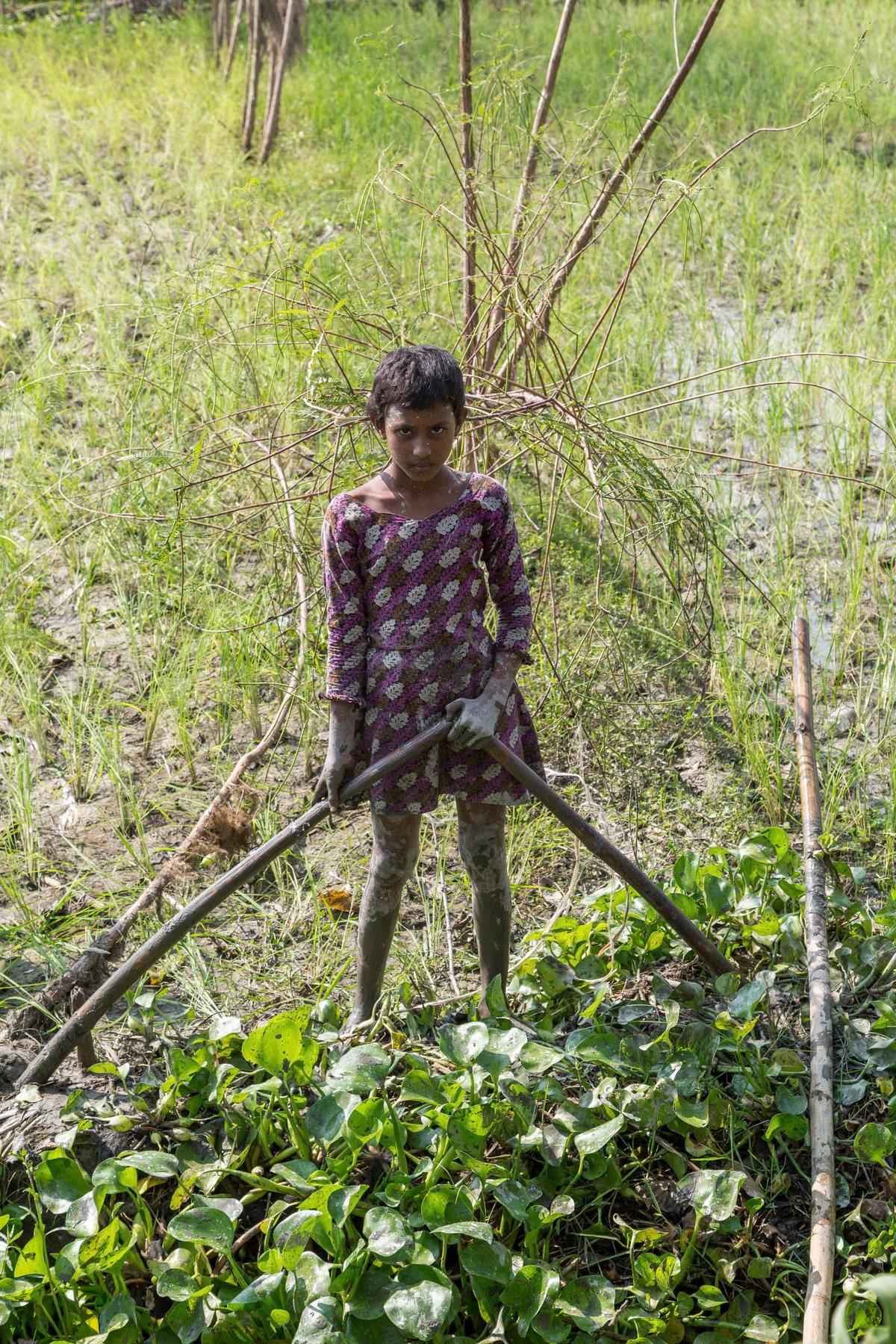
Girl living on Bhati char, Jamuna river, district of Bogra, Bangladesh, October 2014
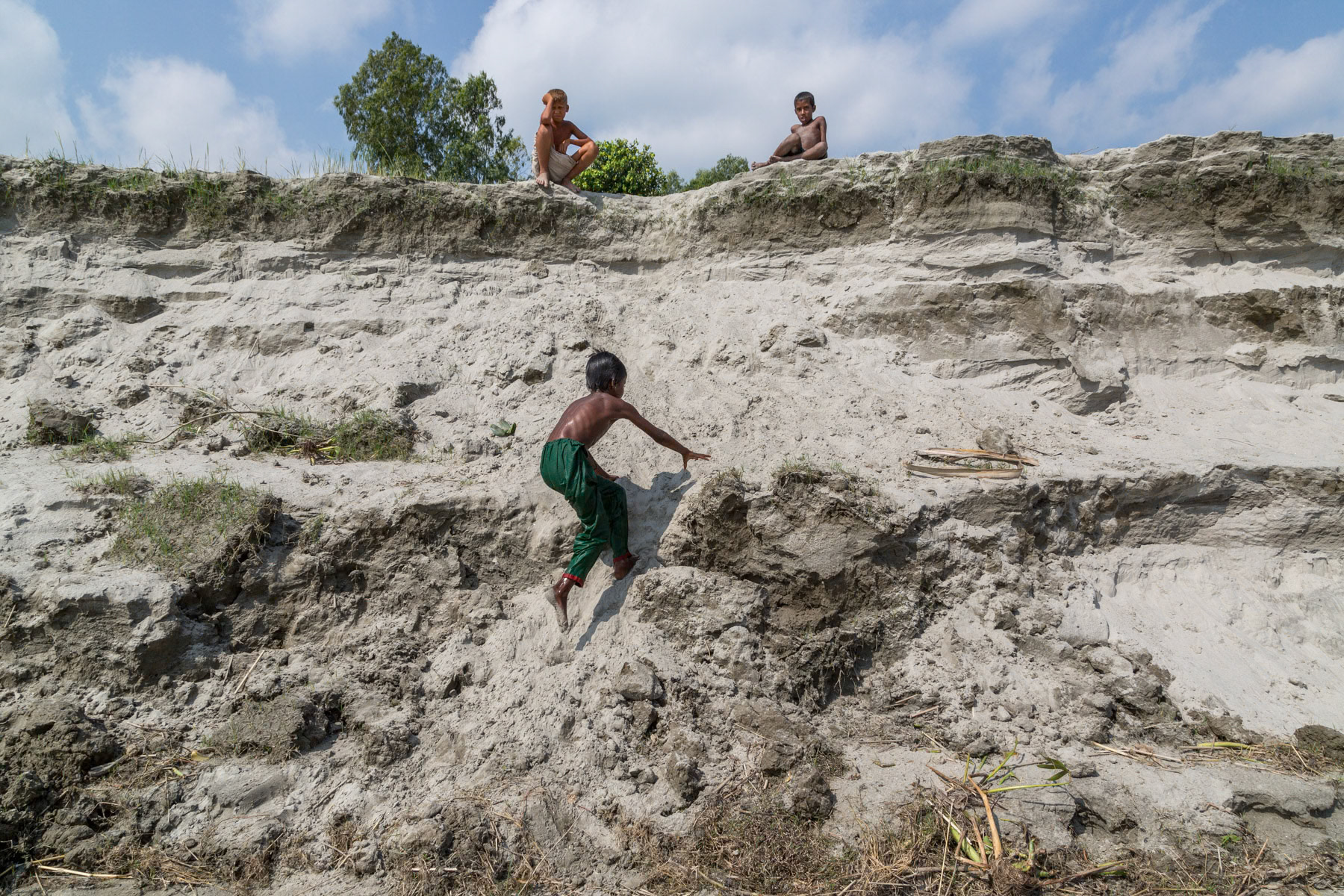
Playing on the edge of the river island. Most of the river islands, or chars, are flooded for several months per year. Bhati char, Bangladesh, October 2014
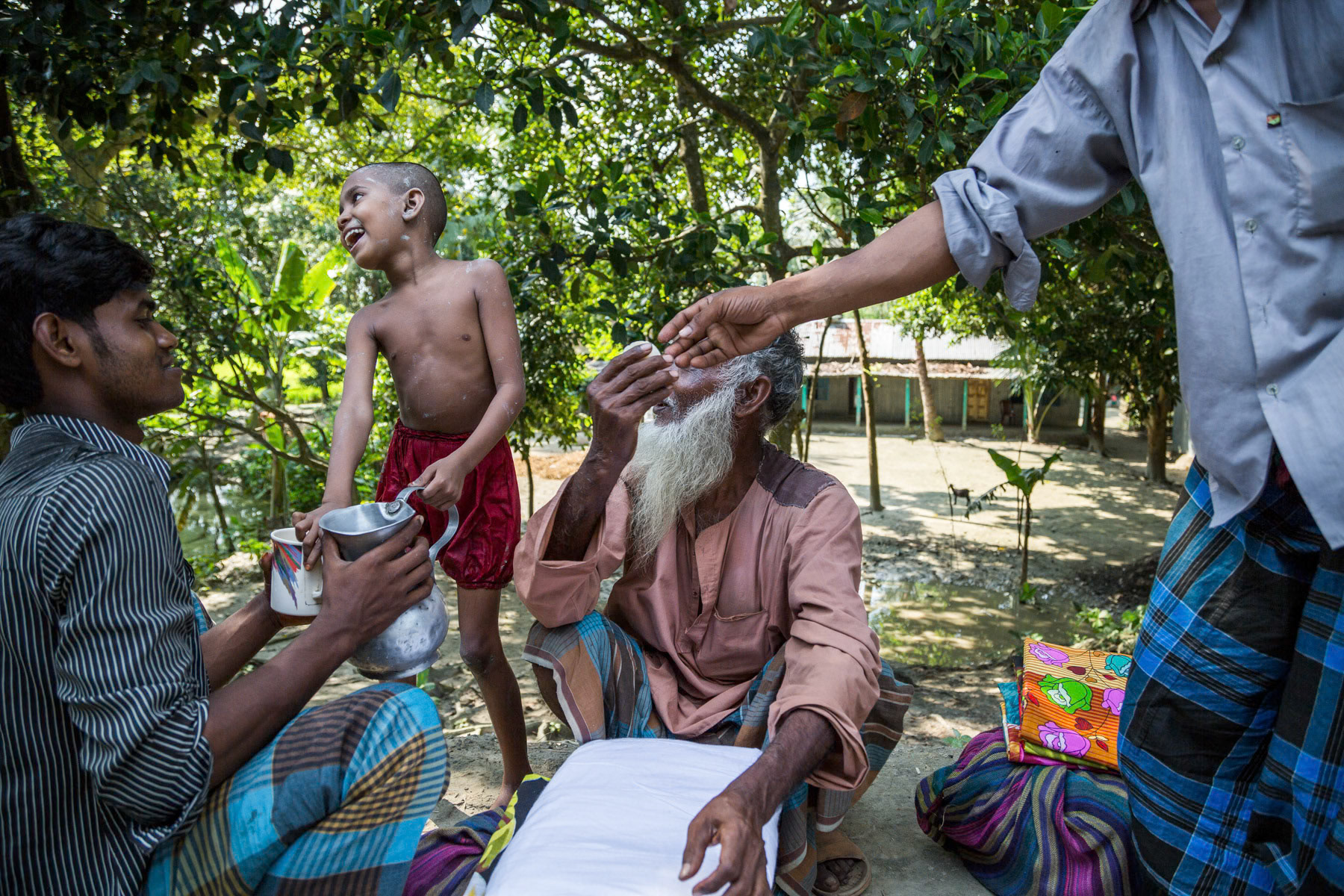
River community, Sanatola char, Sariakandi, Bangladesh, October 2014
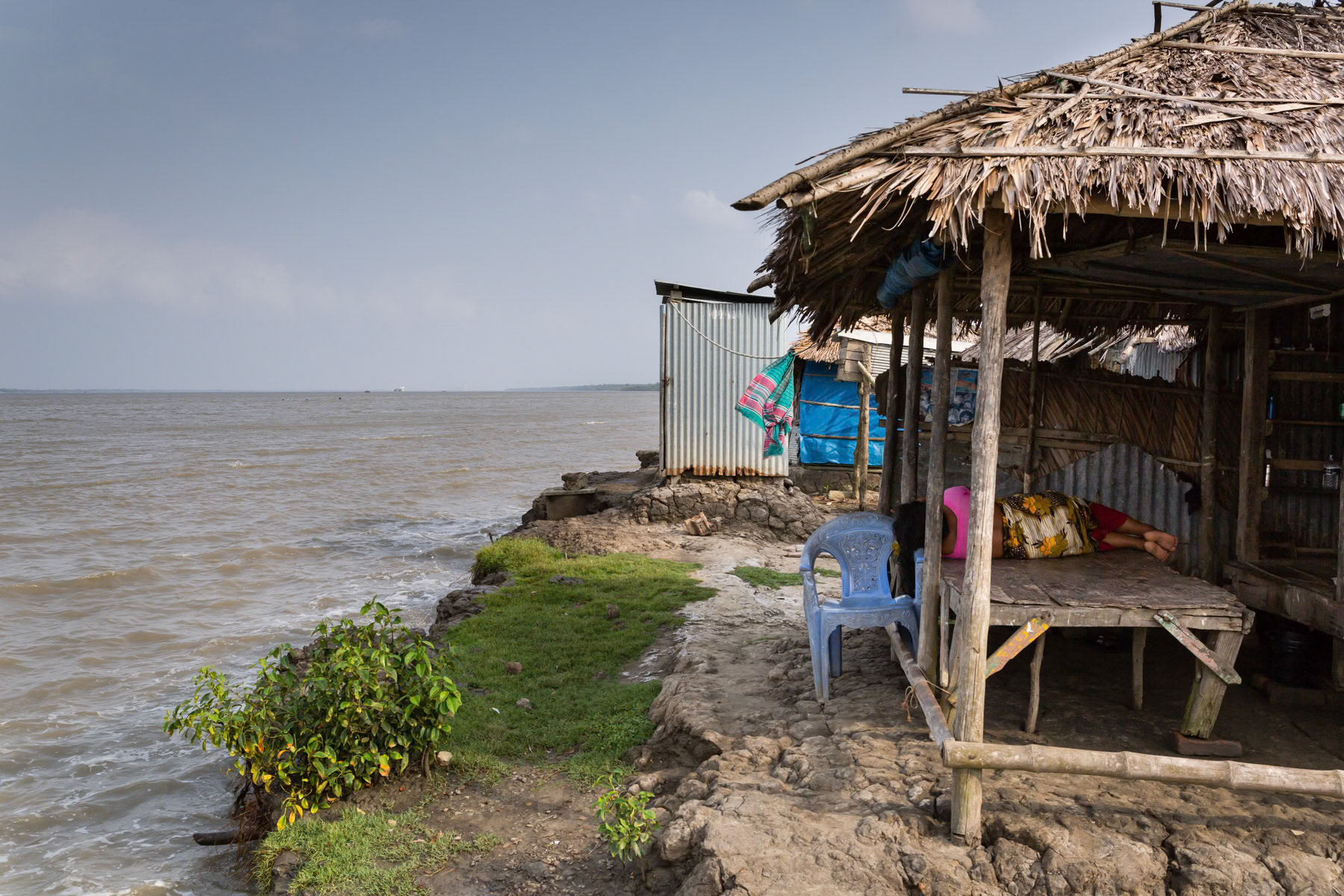
Banishanta red light district near the harbour of Mongla, Bangladesh, May 2015
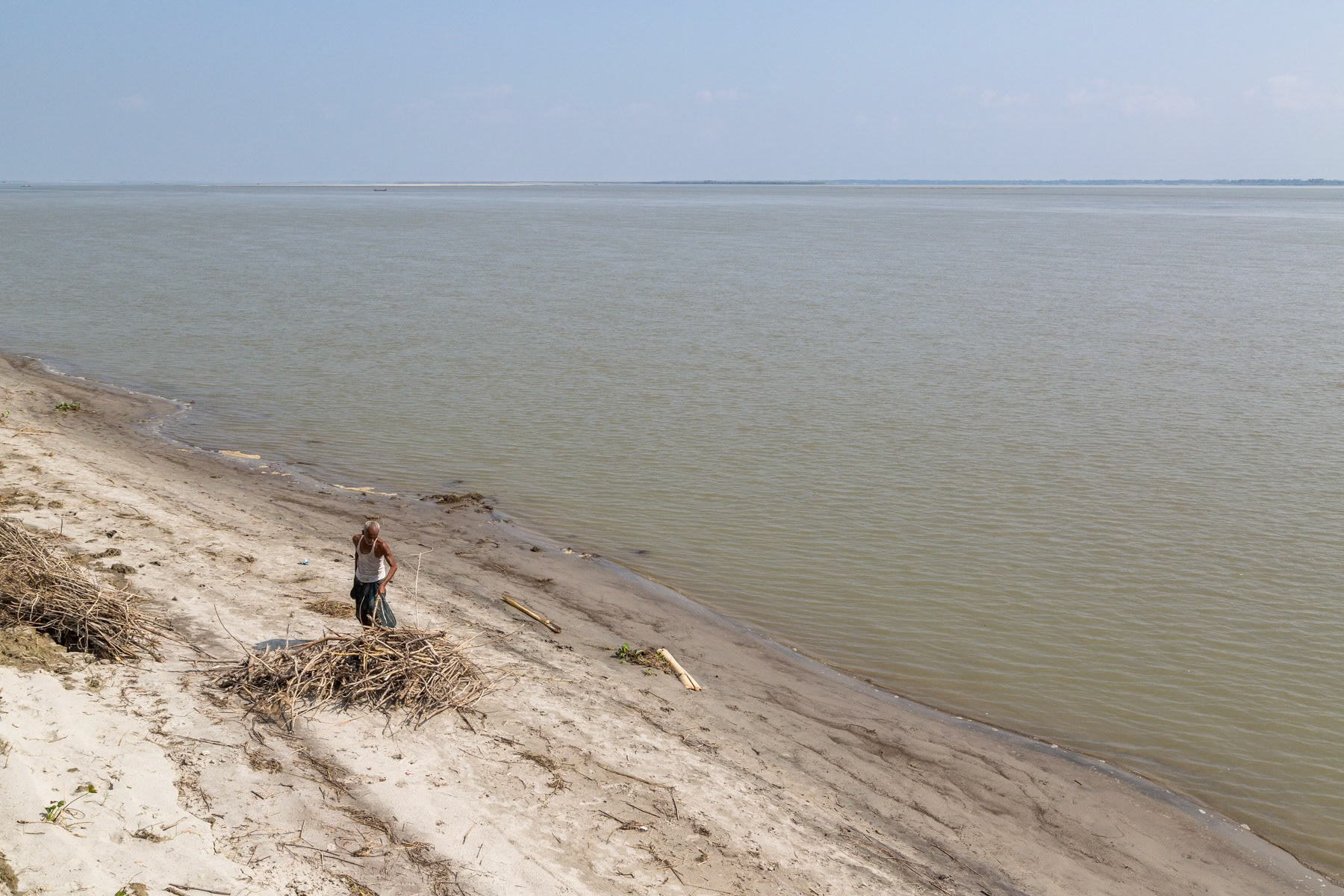
Silt island on the Jamuna river, Bhati Char, Bangladesh, October 2014
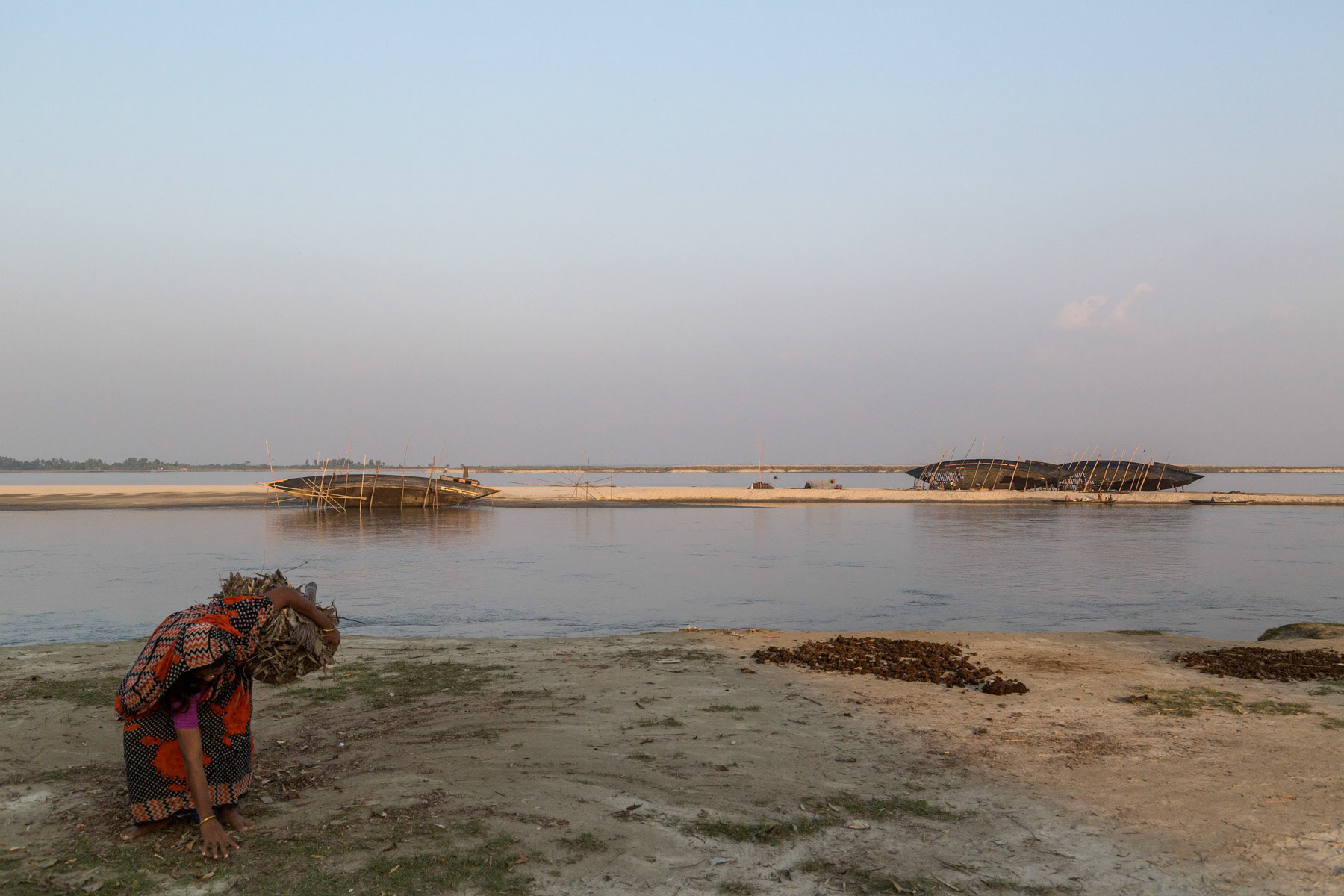
Brahmaputra river chars in Chilmari, Bangladesh, October 2014
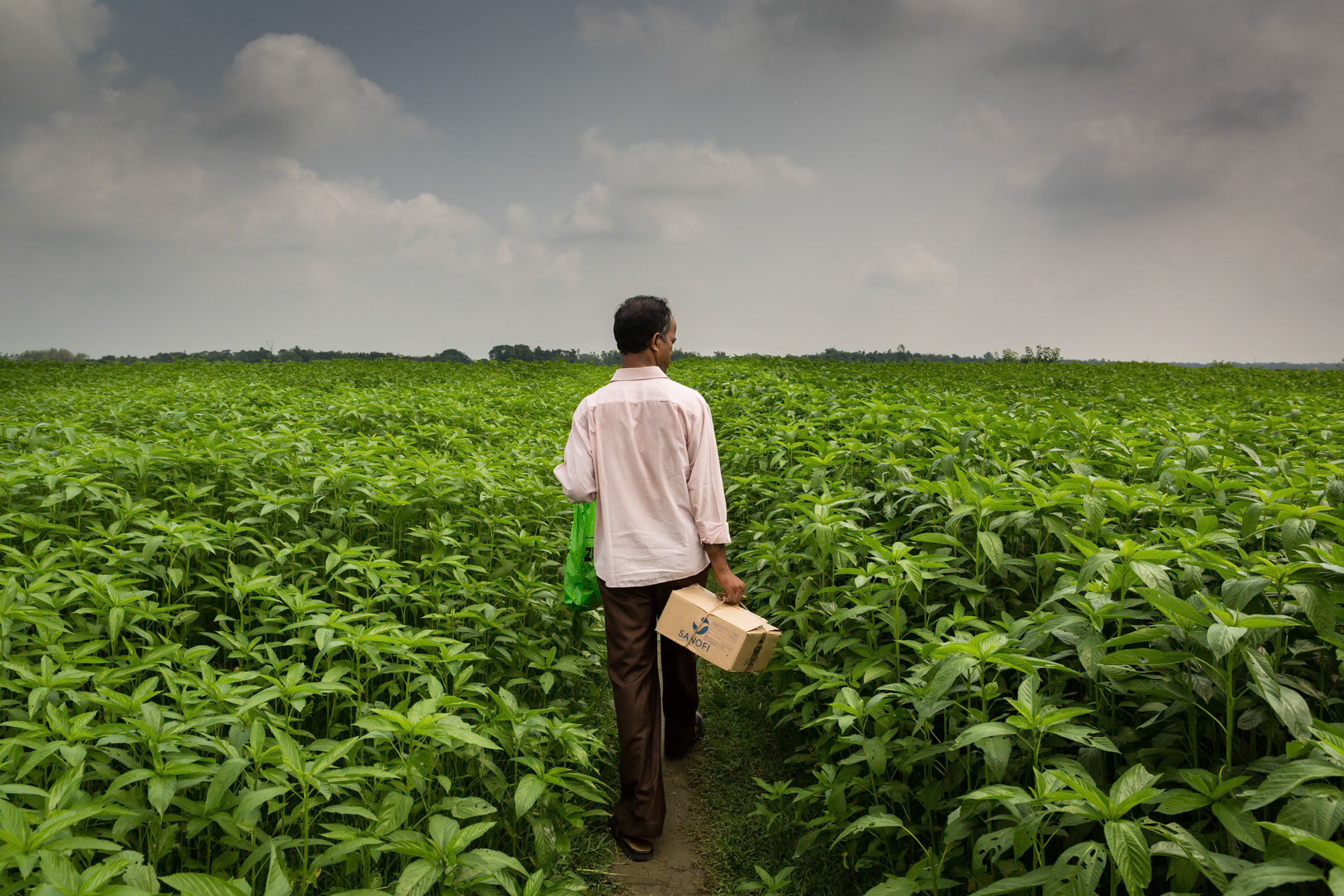
Bringing medecine to a remote health centre, Piyarpur char in Mymensingh district, northern Bangladesh, May 2015
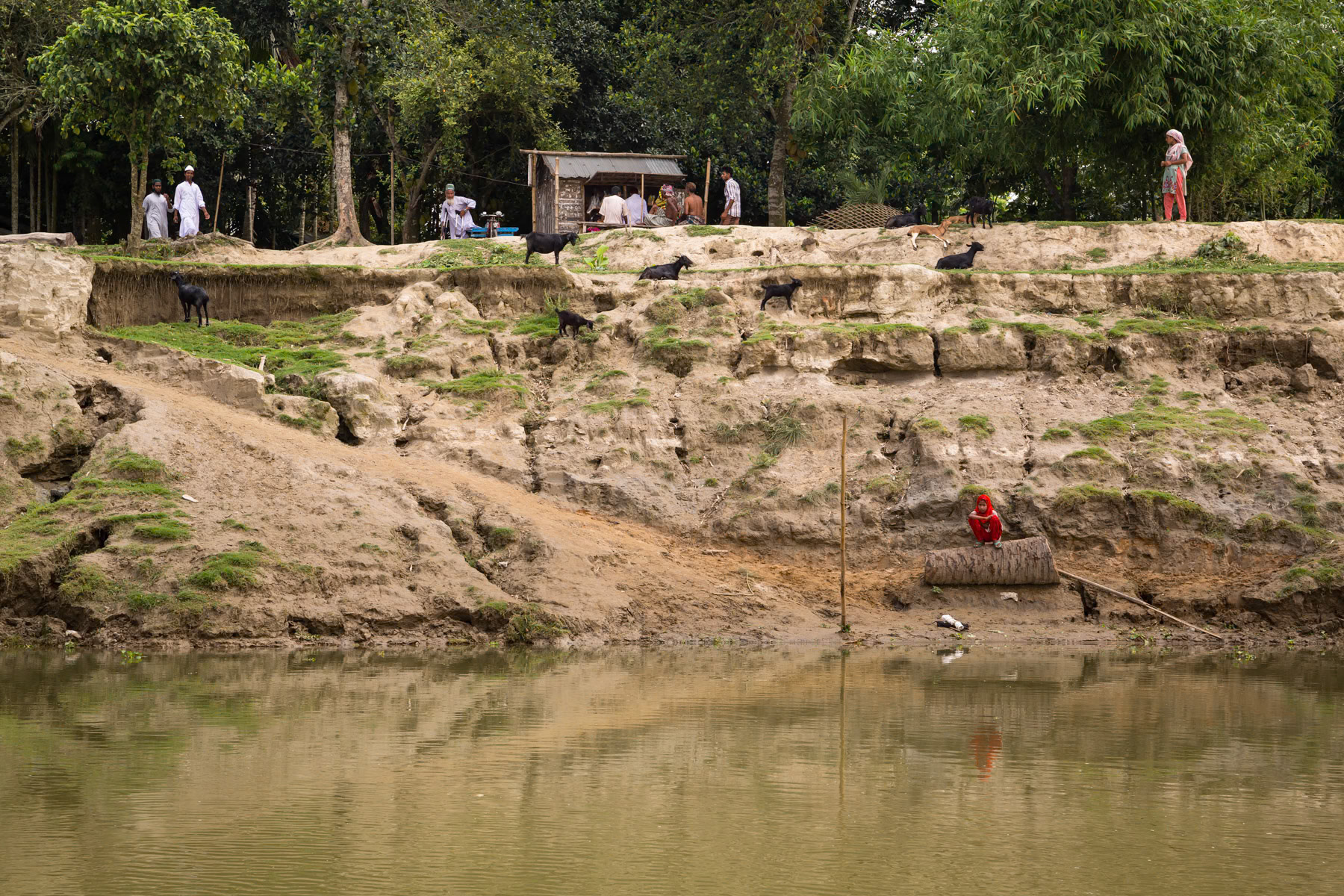
Crossing point accros the Brahmaputra river, Piyarpur char in Mymensingh district, Bangladesh, May 2015
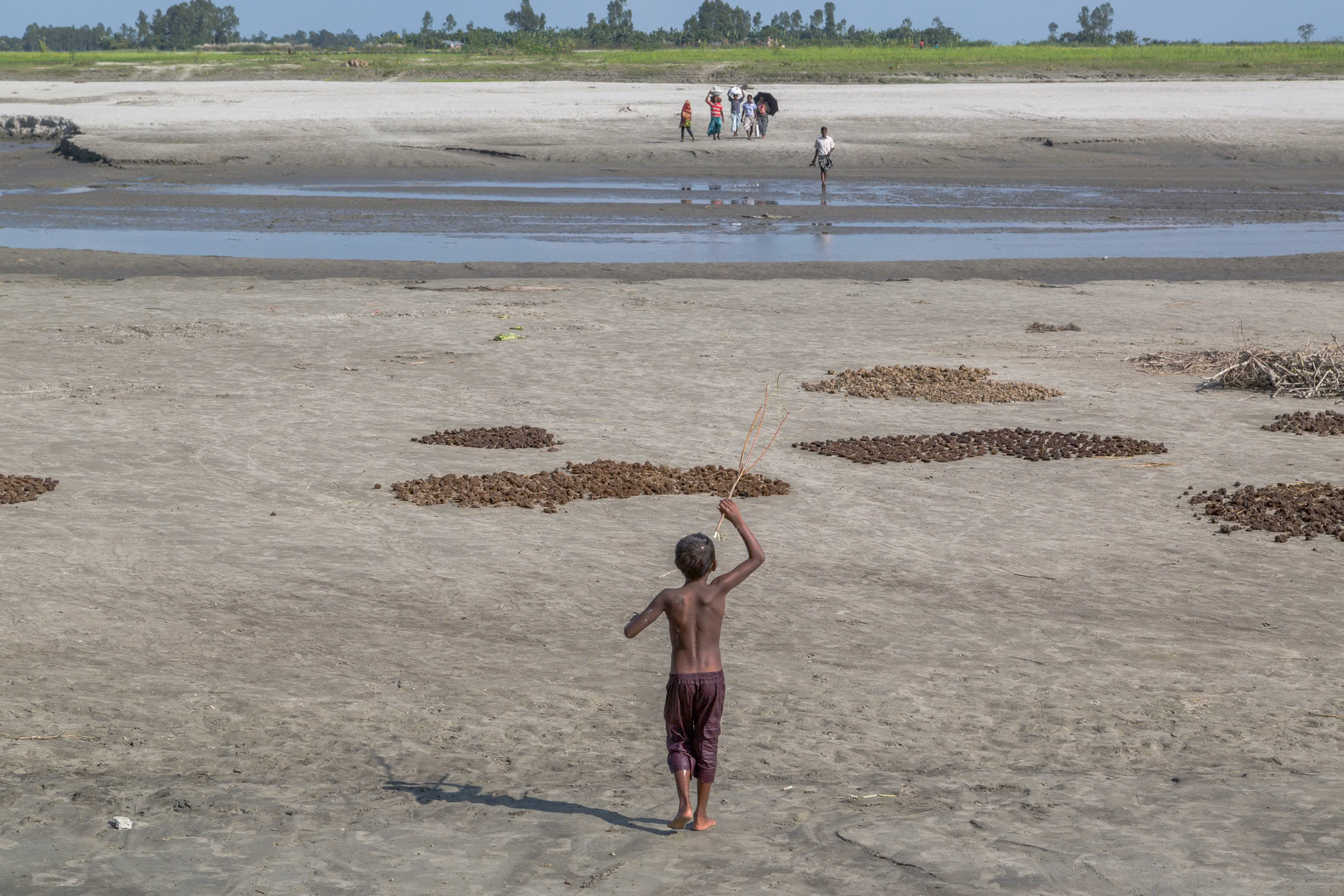
Silt Islands, also called chars, of the Jamuna river, Bangladesh, October 2014
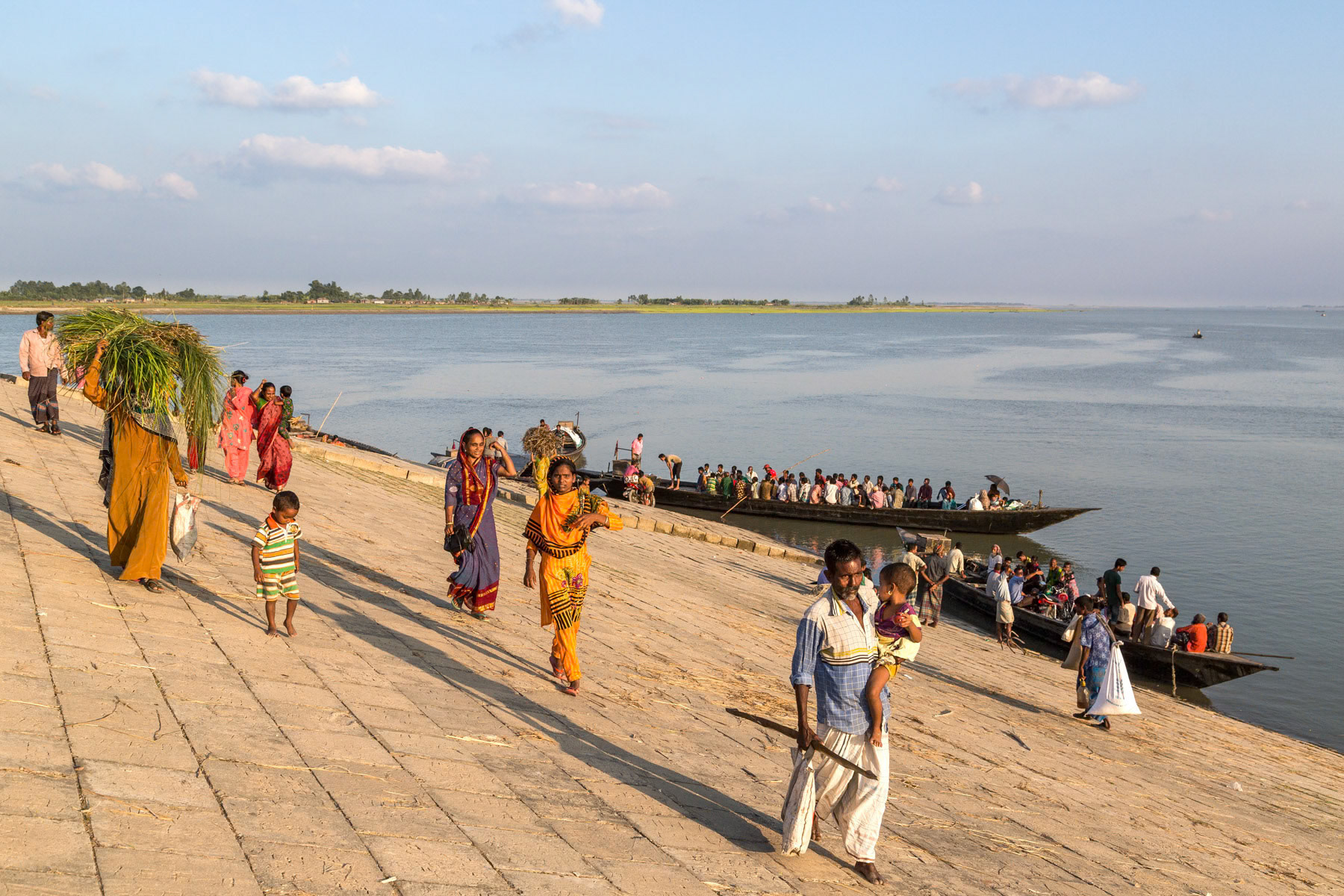
Departure point for the Jamuna river chars, Kalitola ghat, Sariakandi, Bangladesh, October 2014
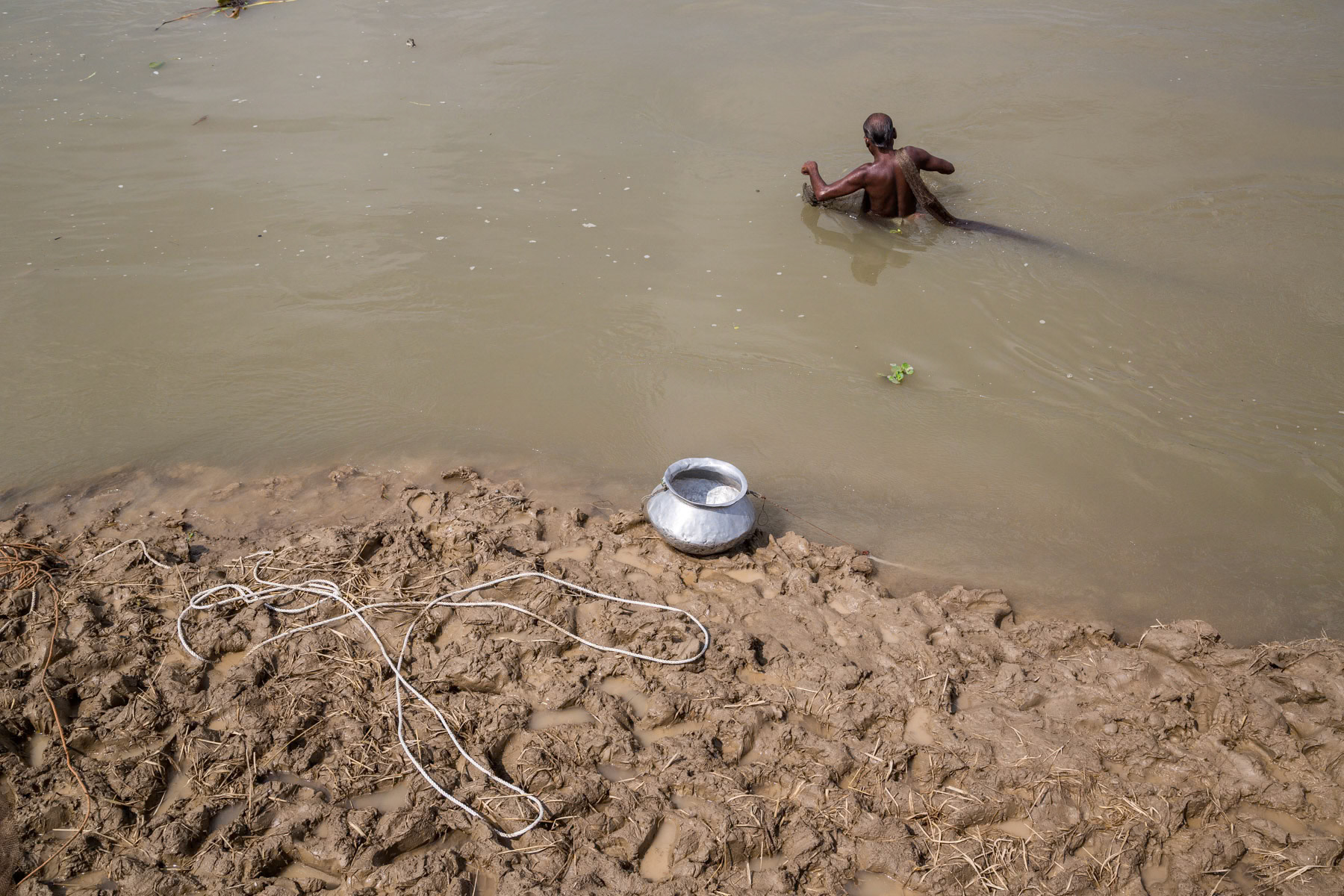
Chalanbeel chars, Bangladesh, October 2014
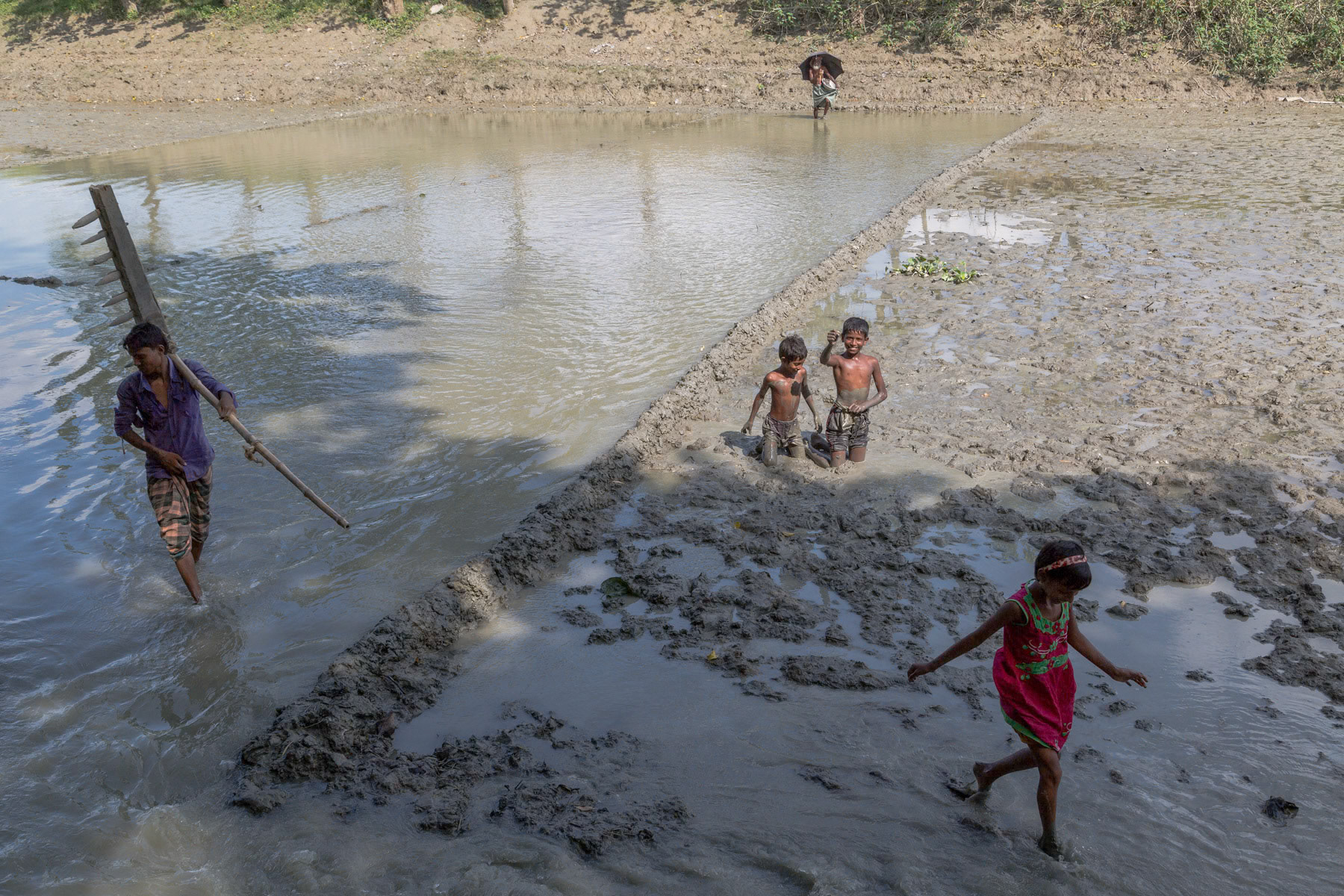
Children catching small fish, Sanatola Char on the Jamuna river, Bangladesh, October 2014
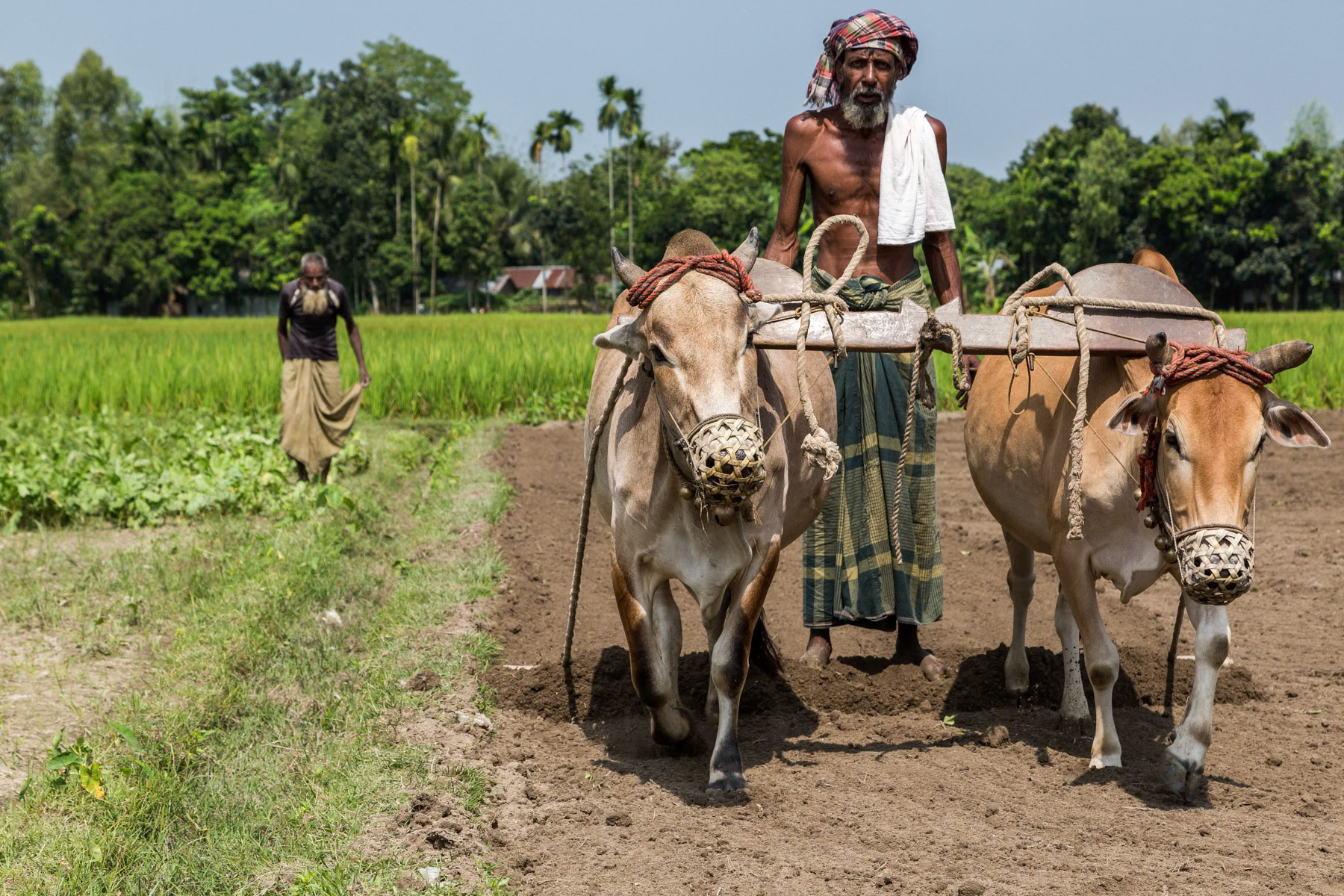
Agriculture on the fertile land of the Jamuna river basin, Sholagariprotar in Gaibandha, Bangladesh, October 2014
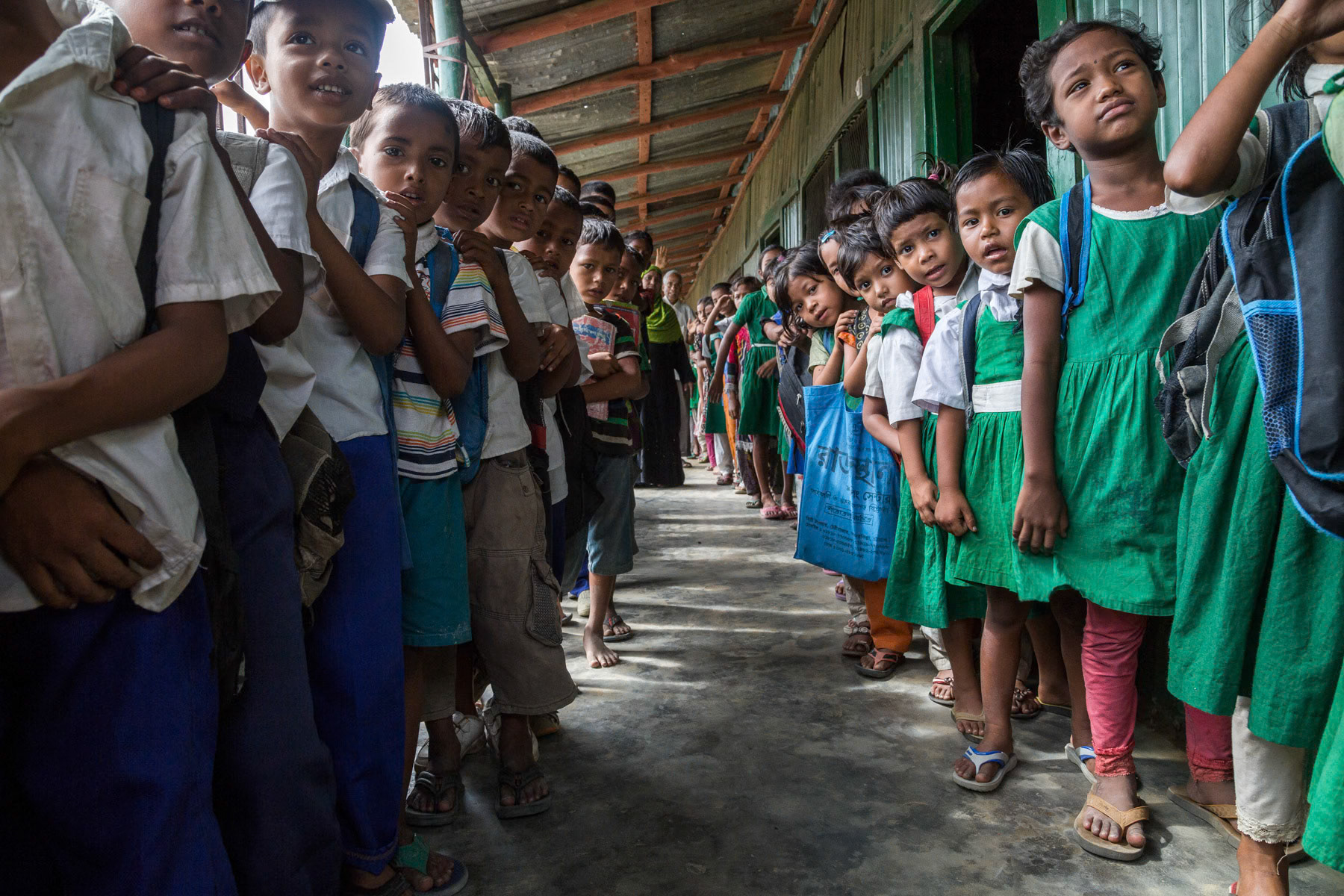
Primary school on the Karnaphuli river chars, Chittagong, Bangladesh, October 2014
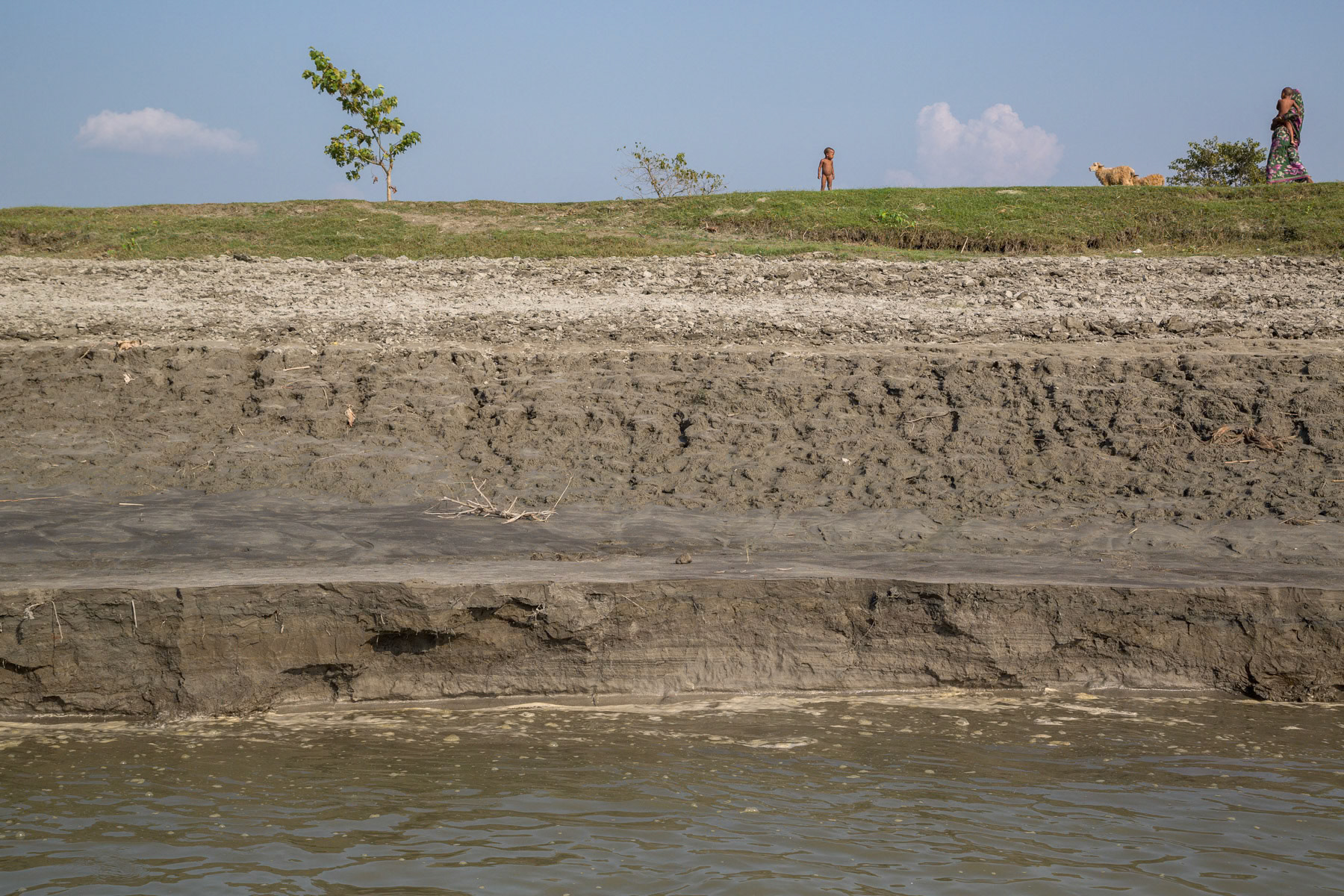
Eroding silt island, Chilmari chars, Bangladesh, October 2014
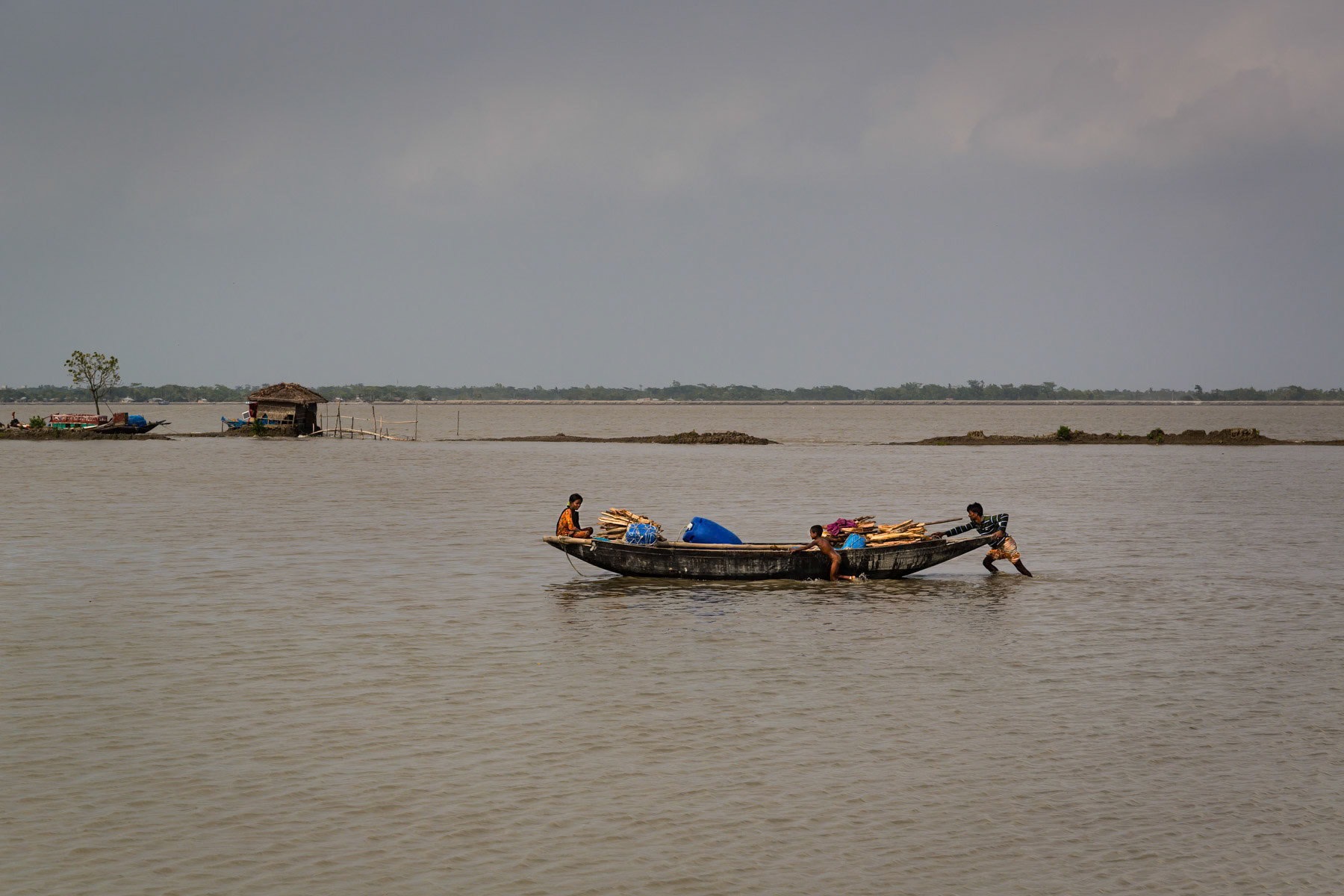
Dhangmari village surrounded by water during the begining of the rainy season, Sundarbans, Bangladesh, May 2015
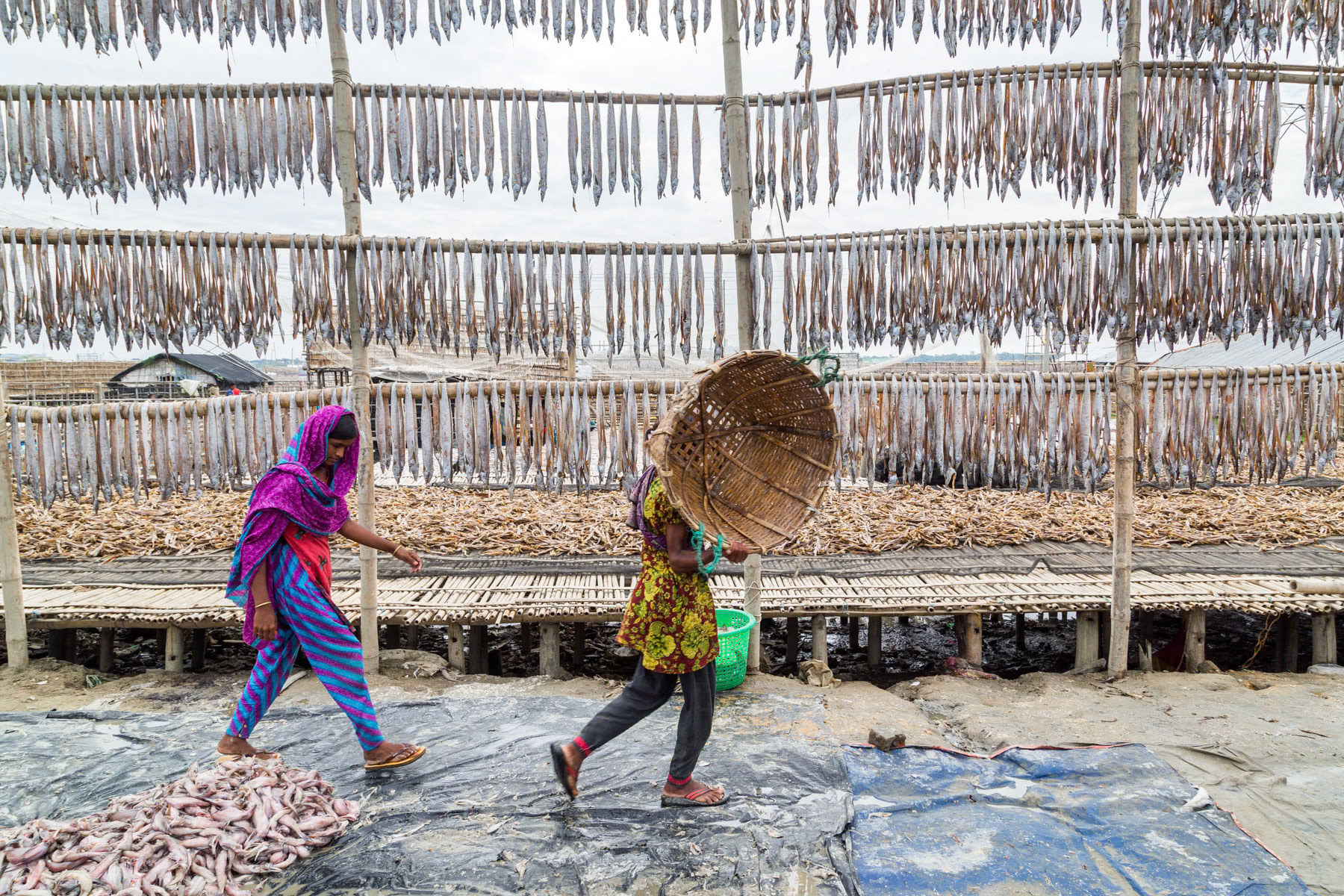
Drying fish along the Karnaphuli chars near Chittagong, Bangladesh, October 2014
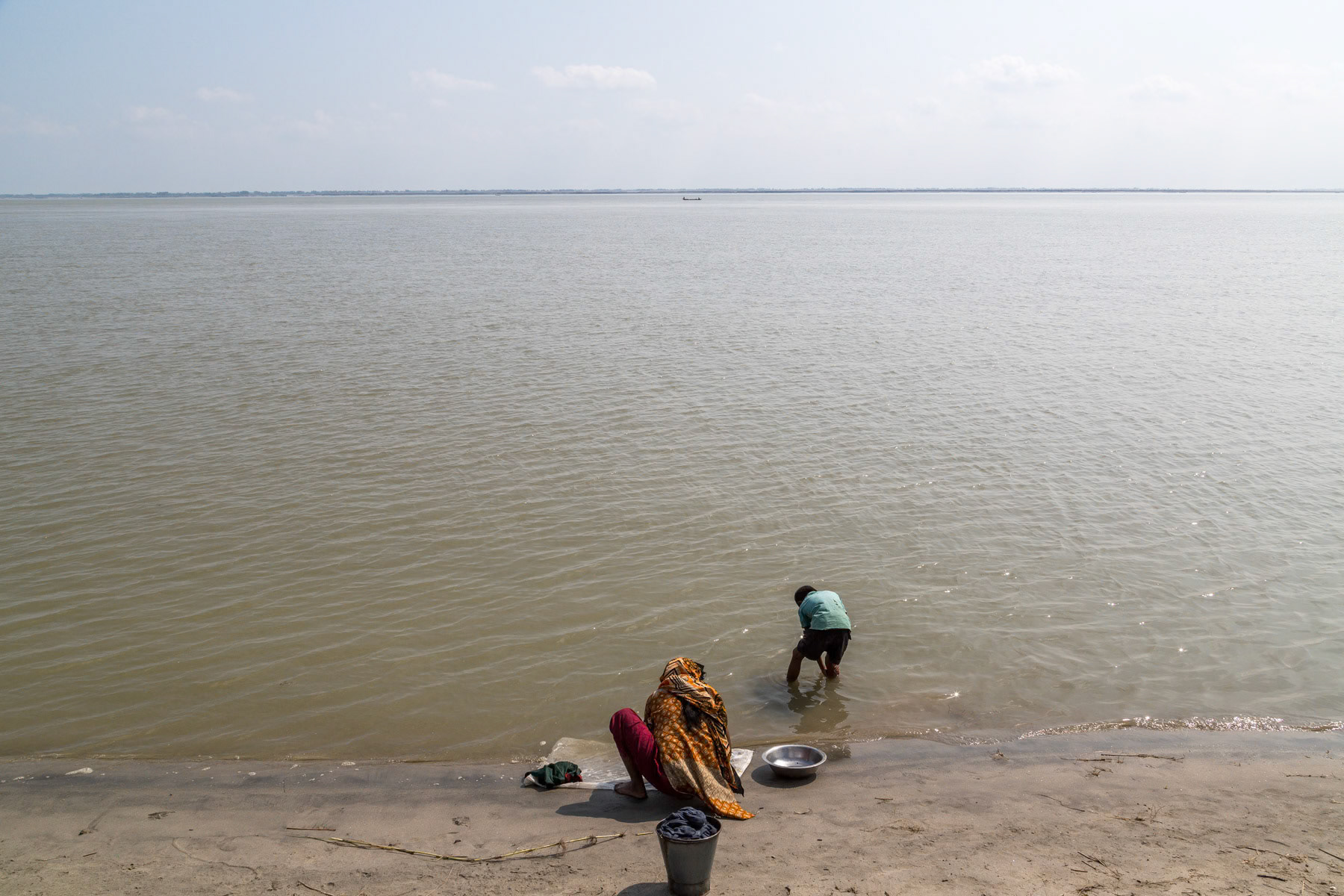
Bhati char on the Jamuna river, Bogra district, Bangladesh, October 2014
